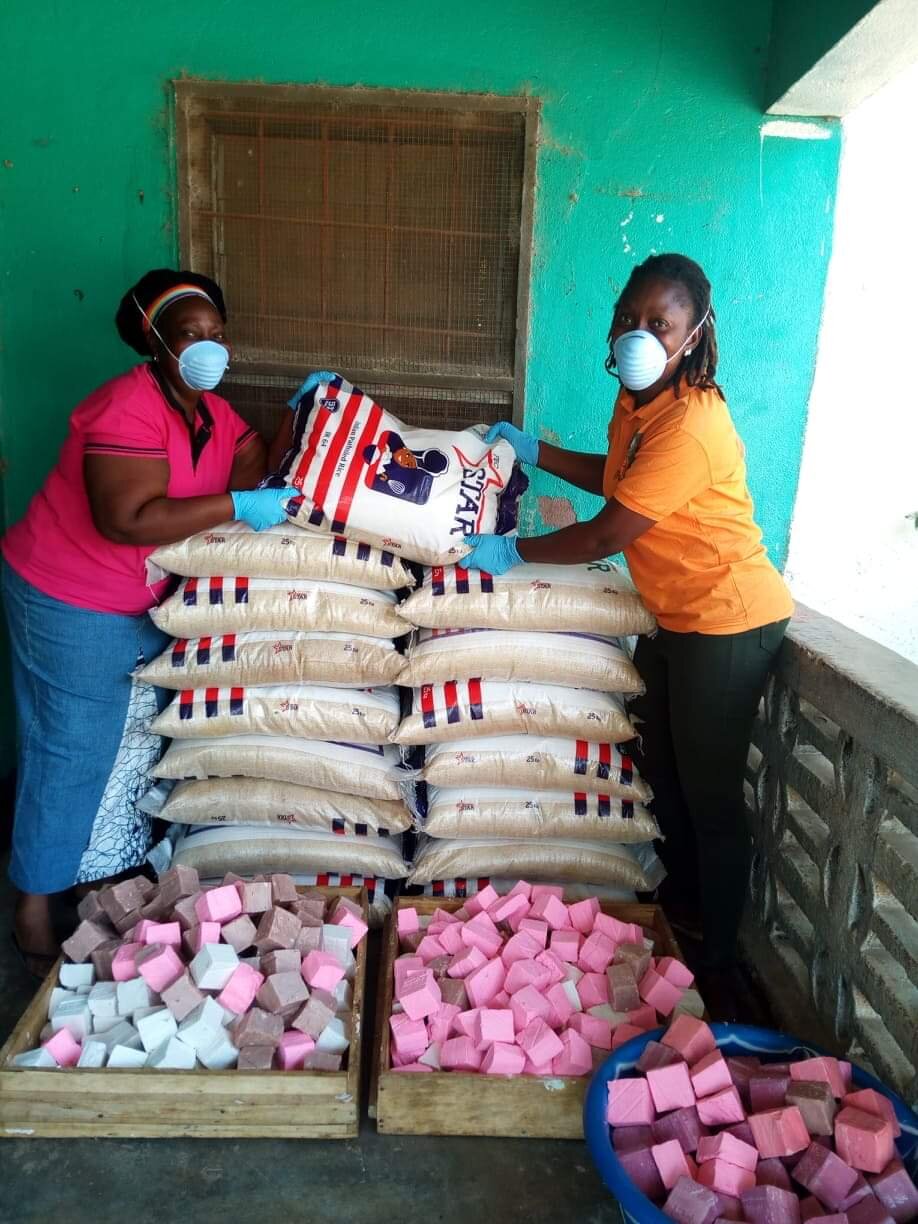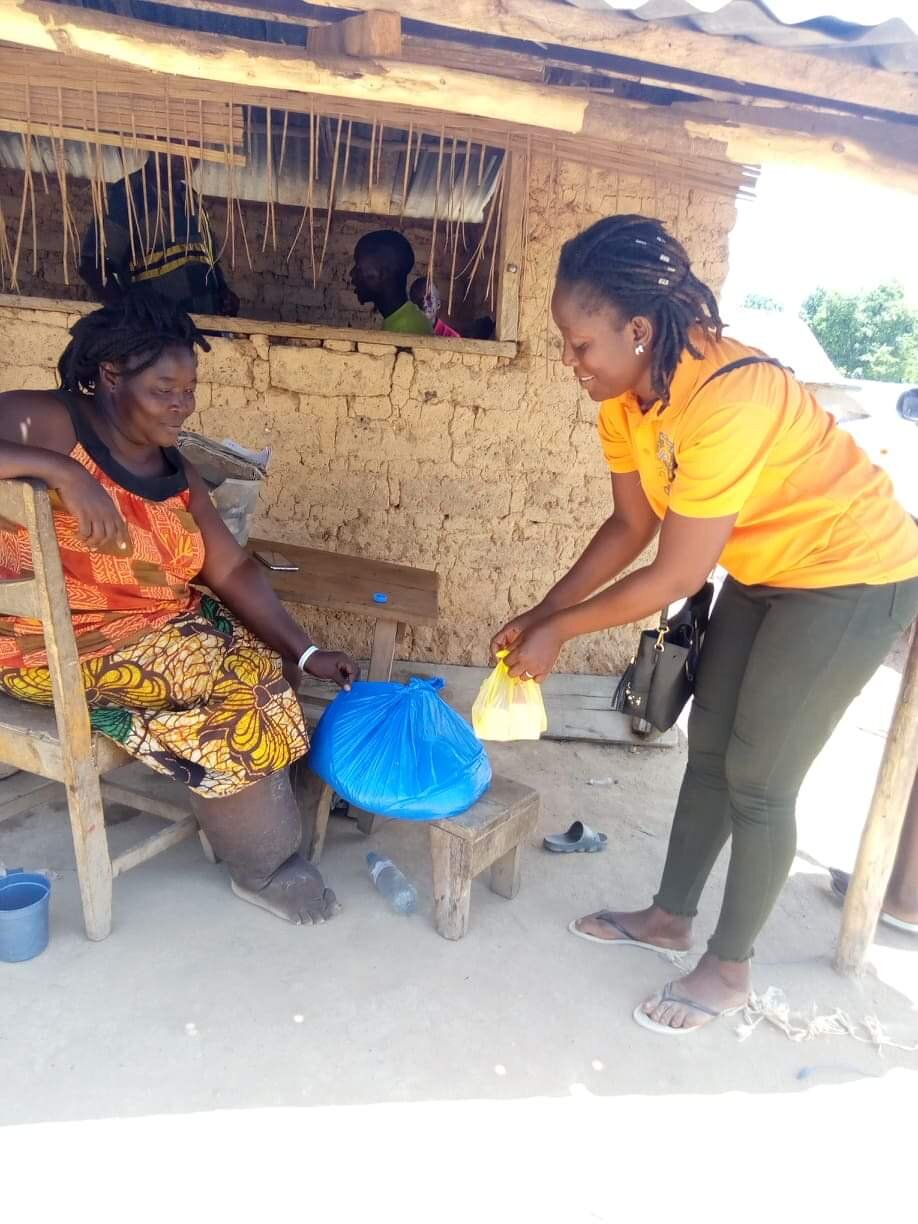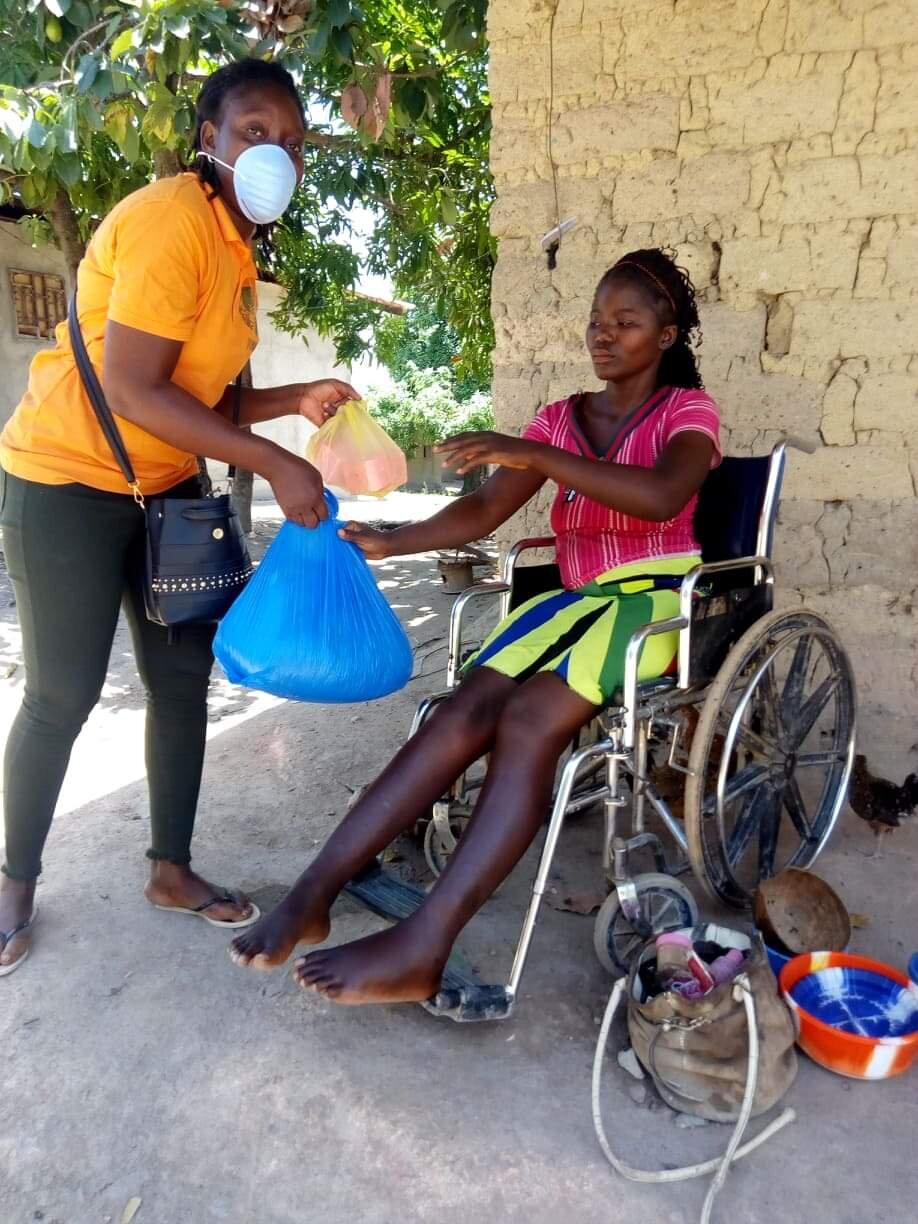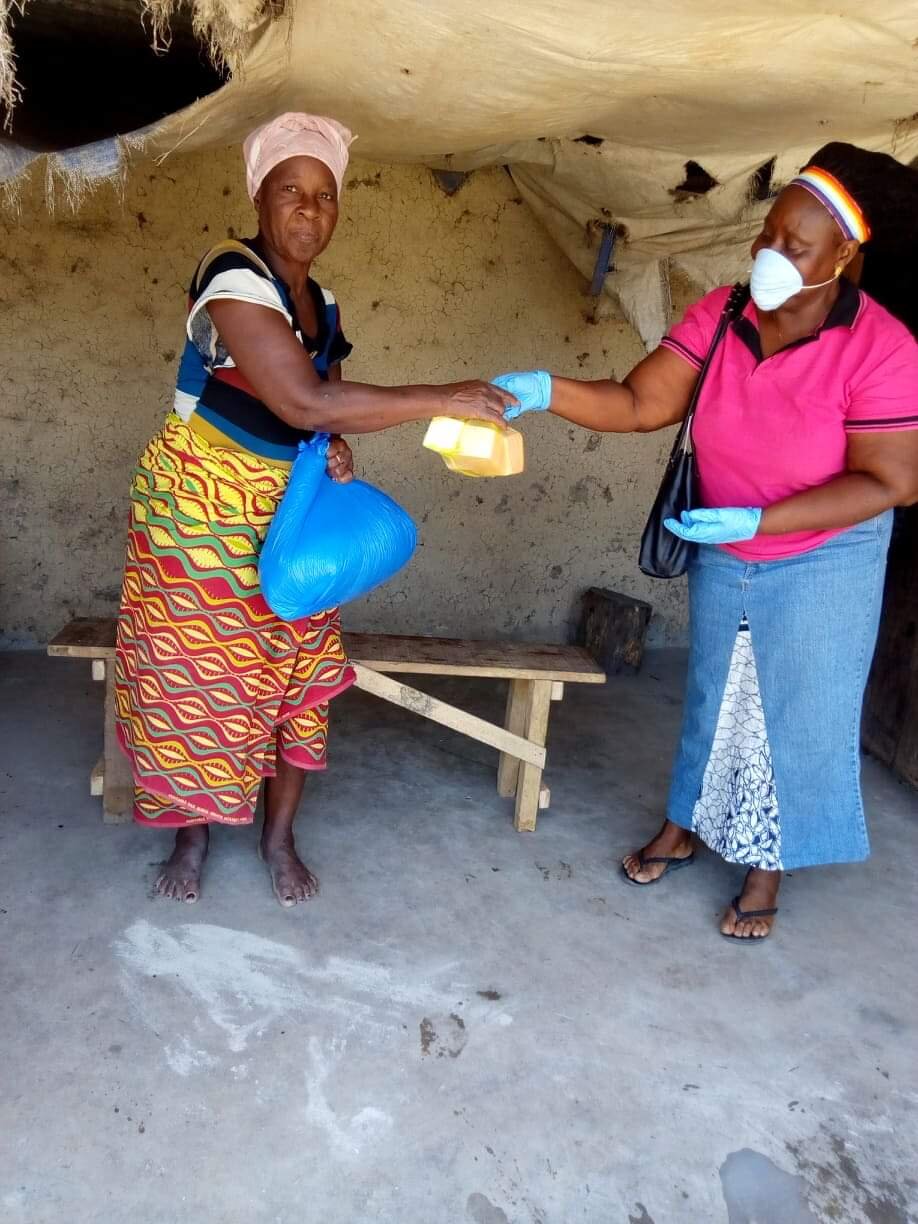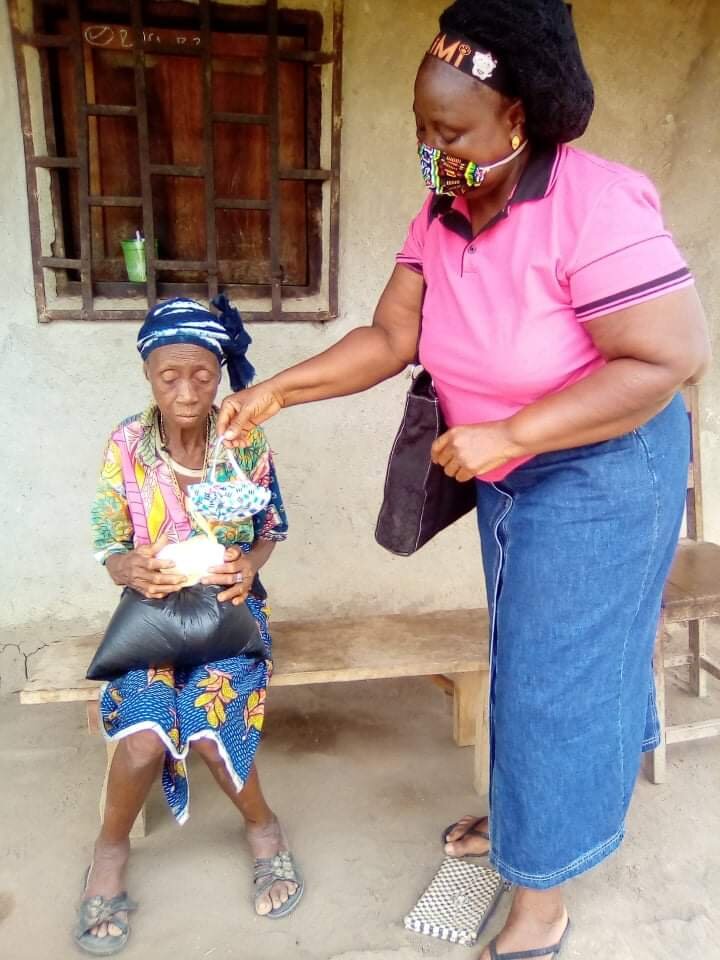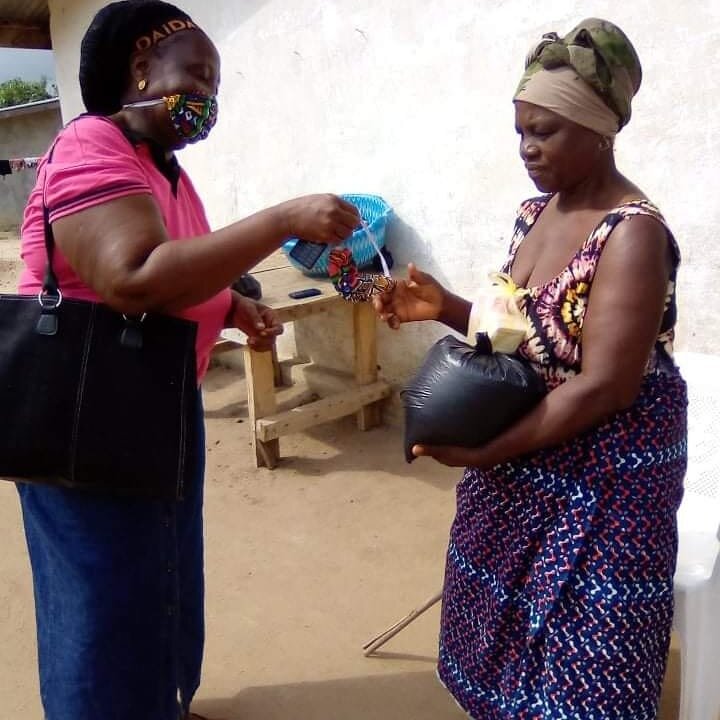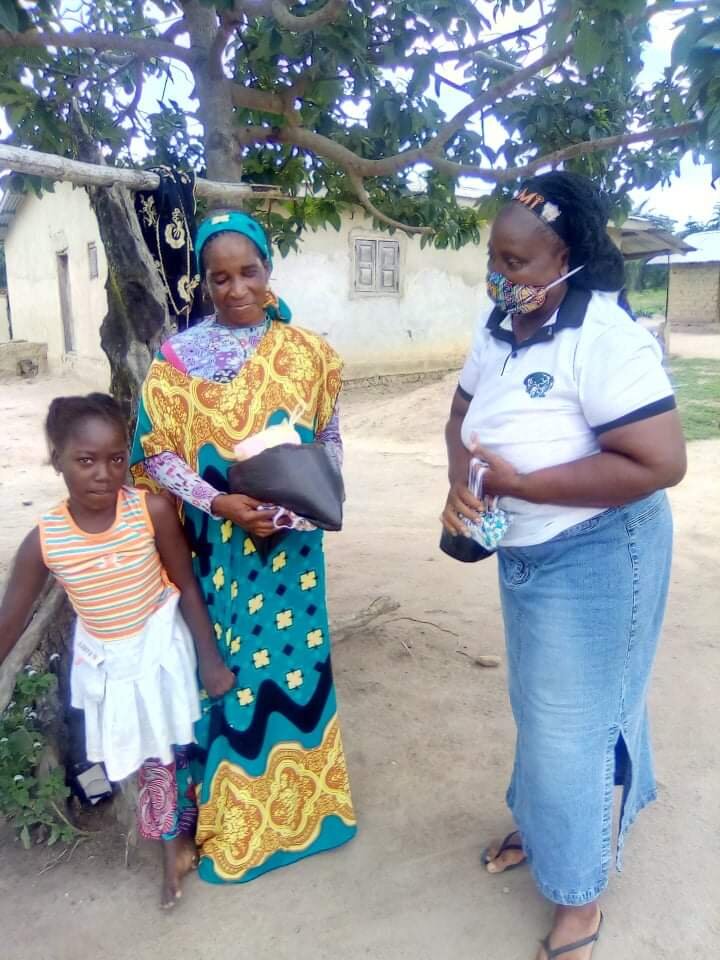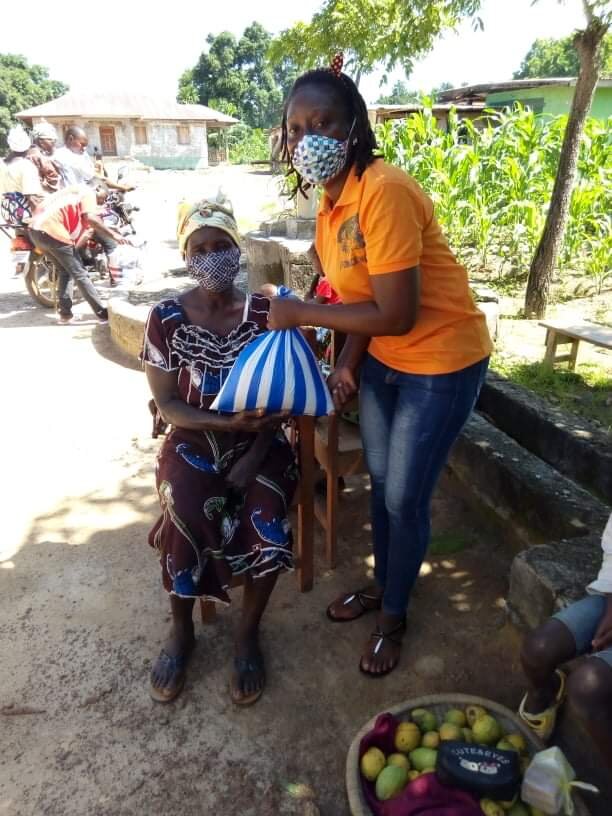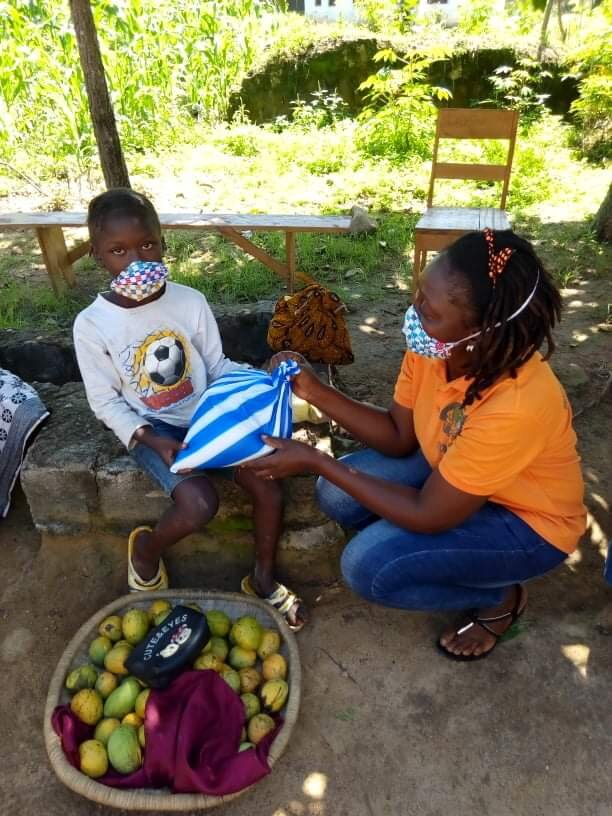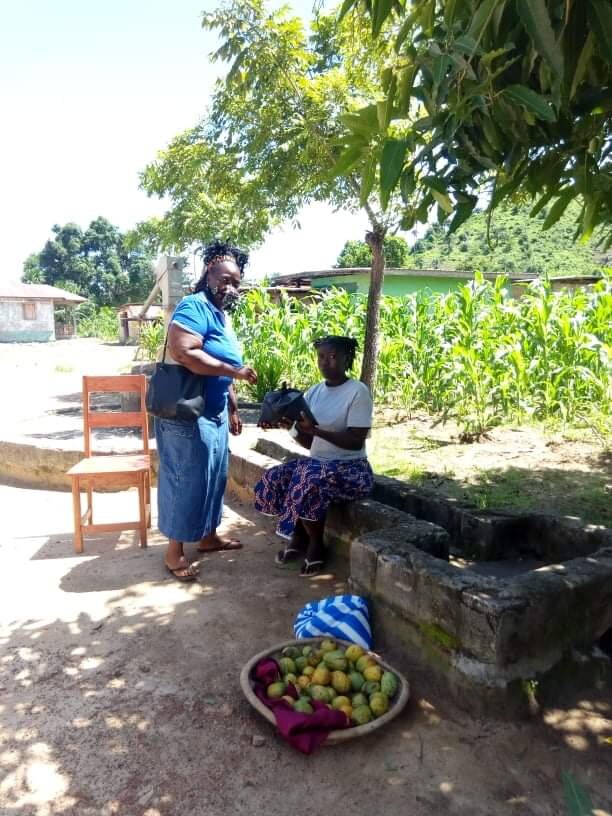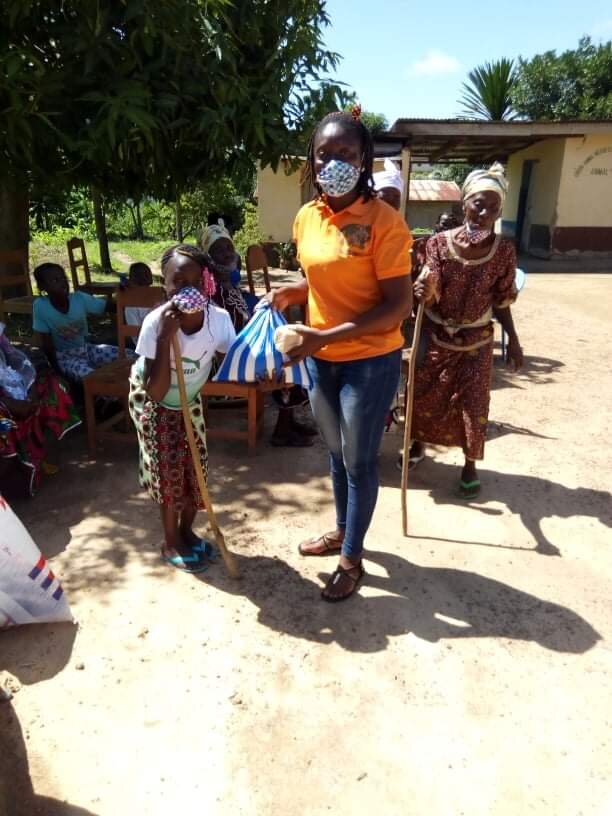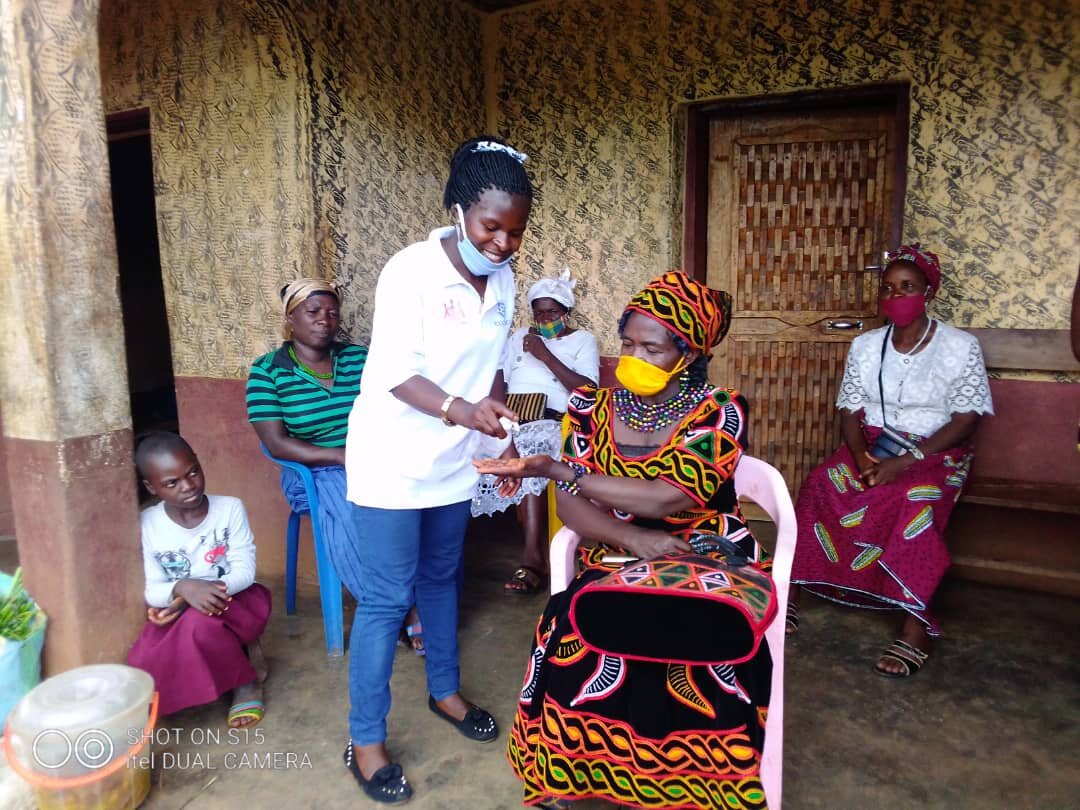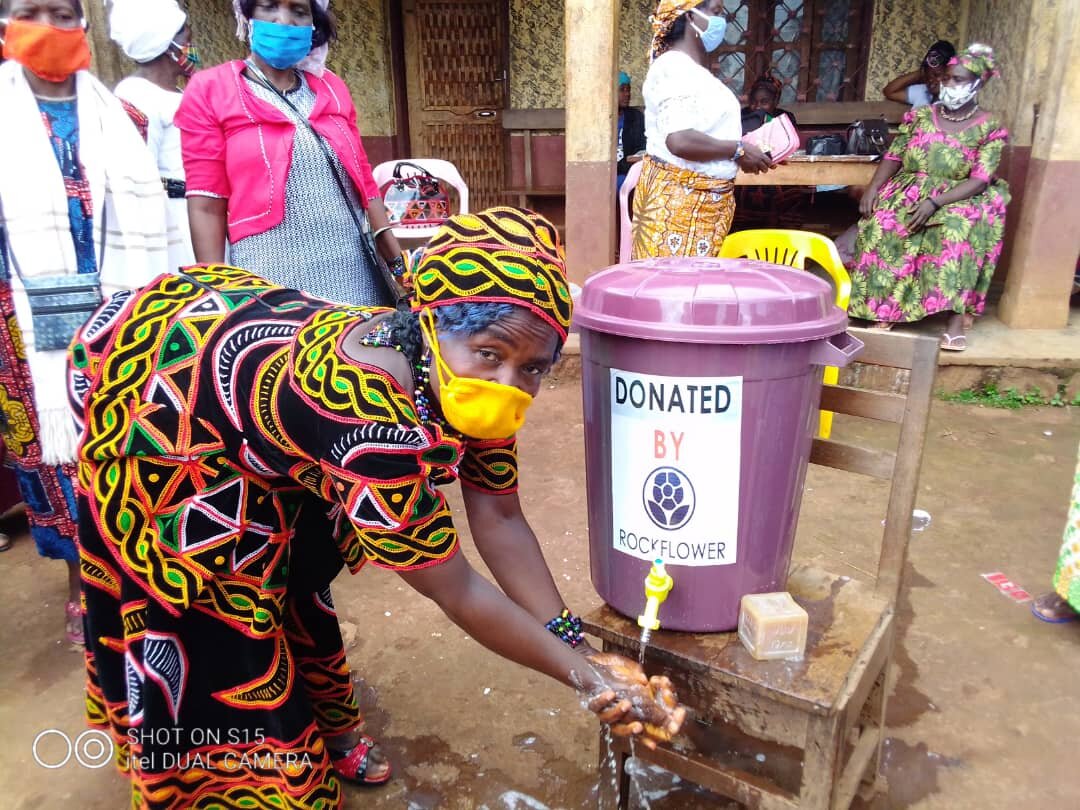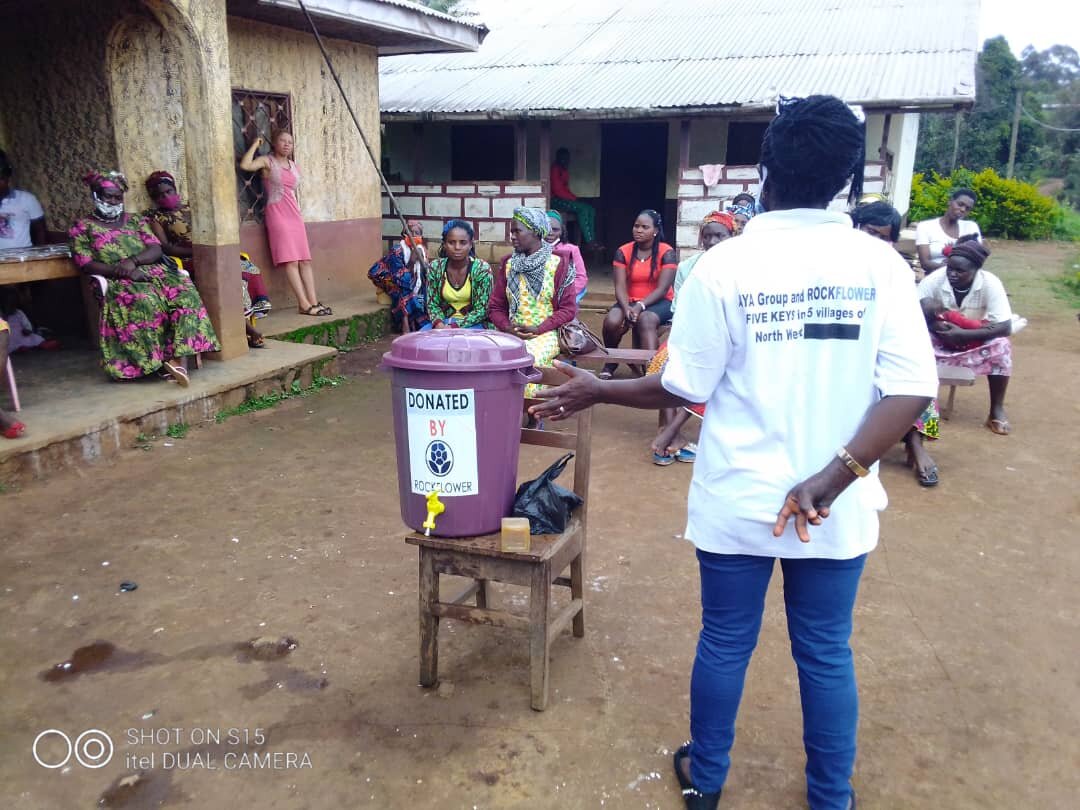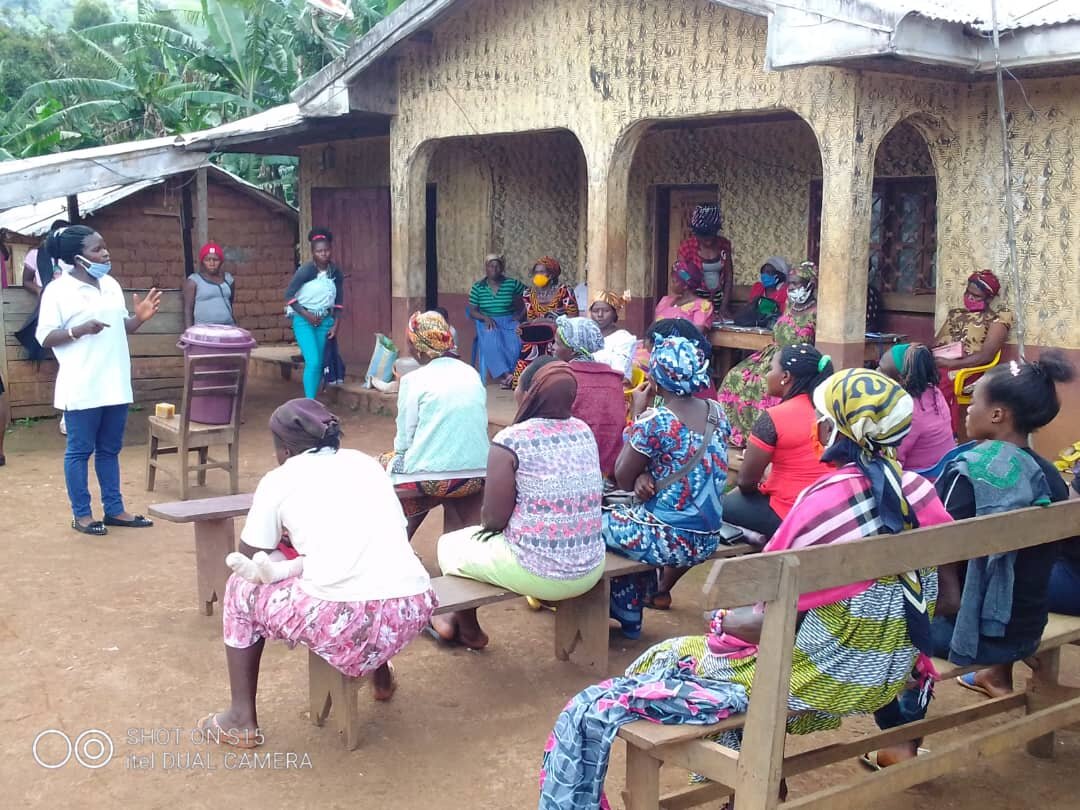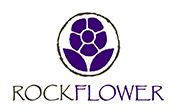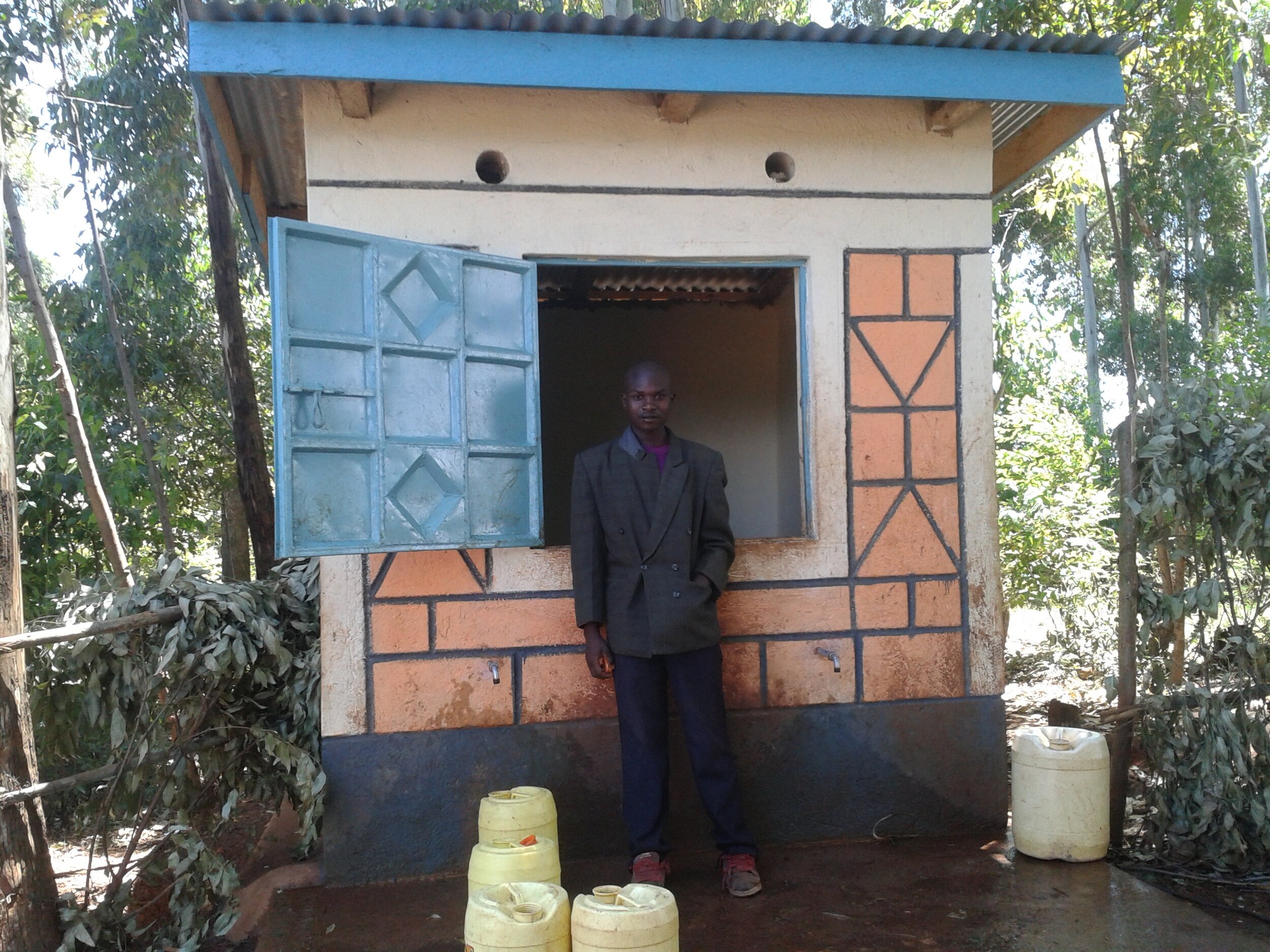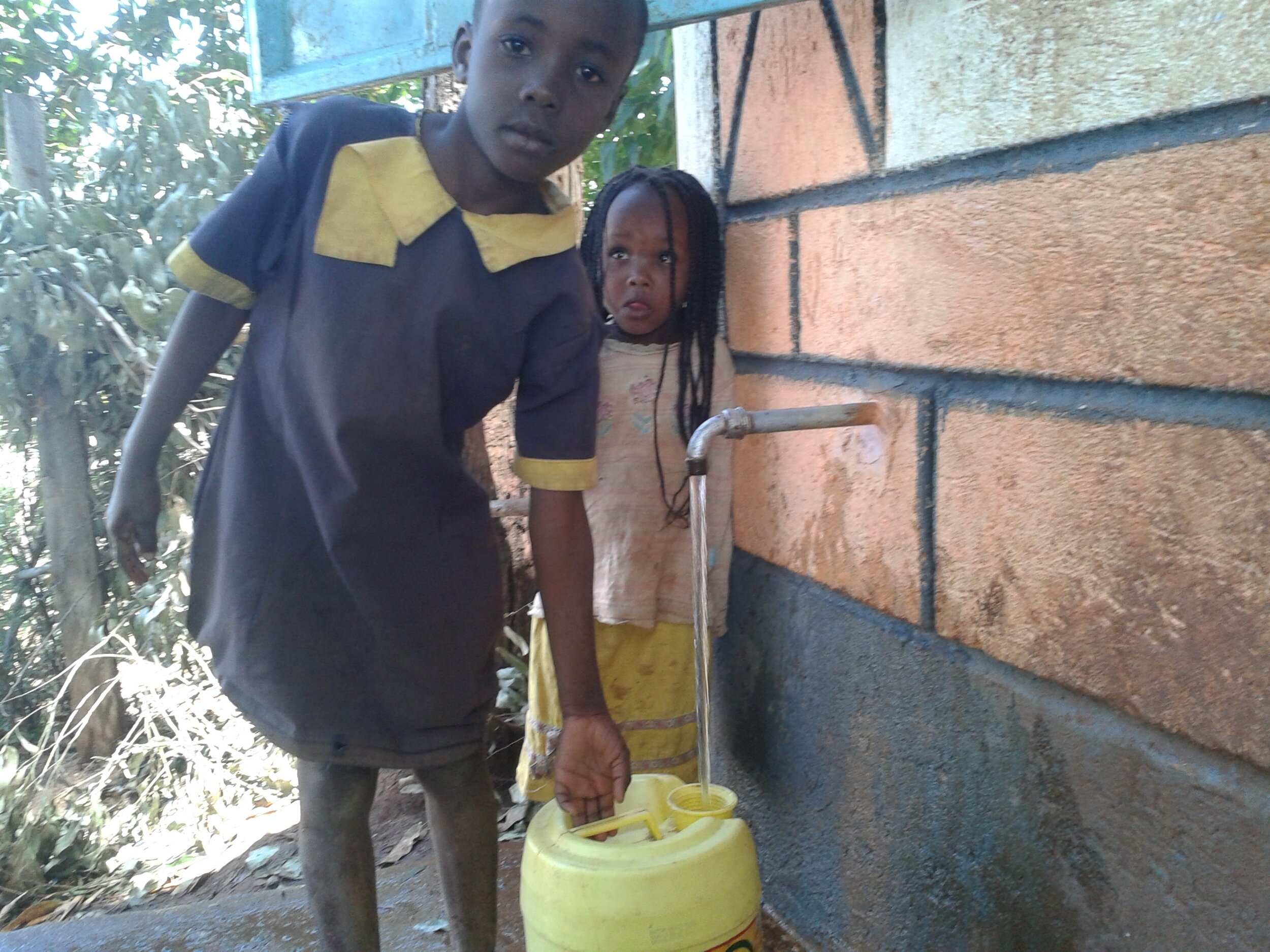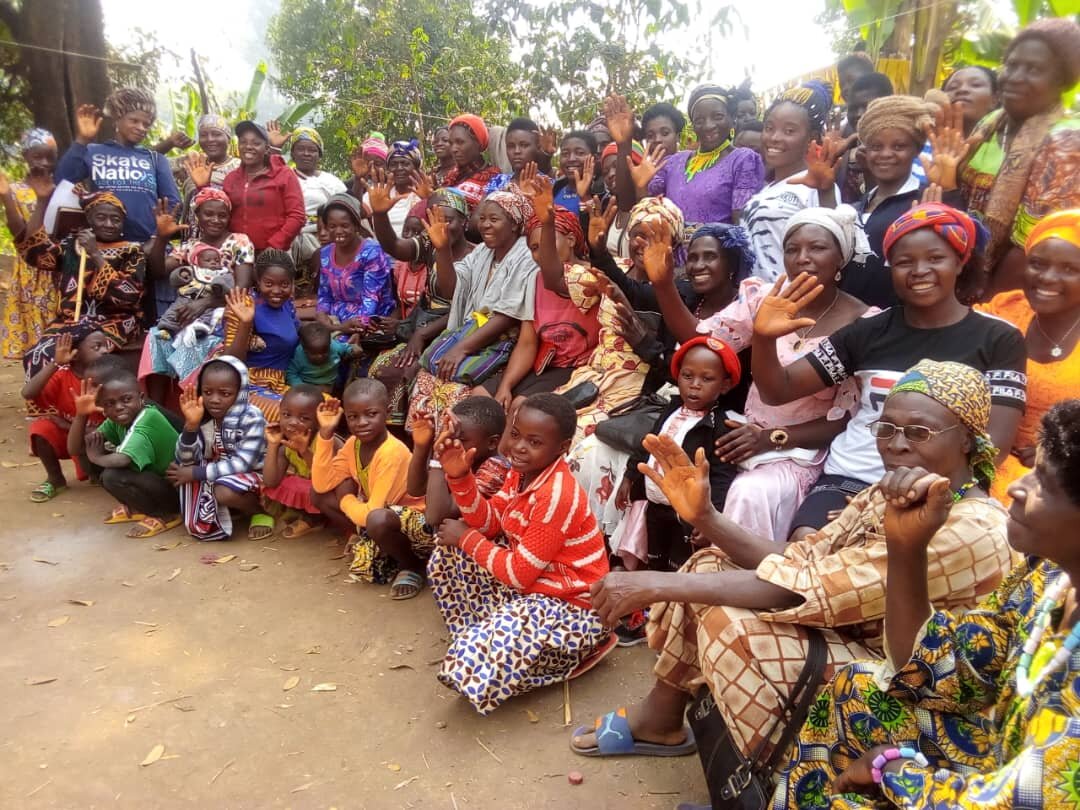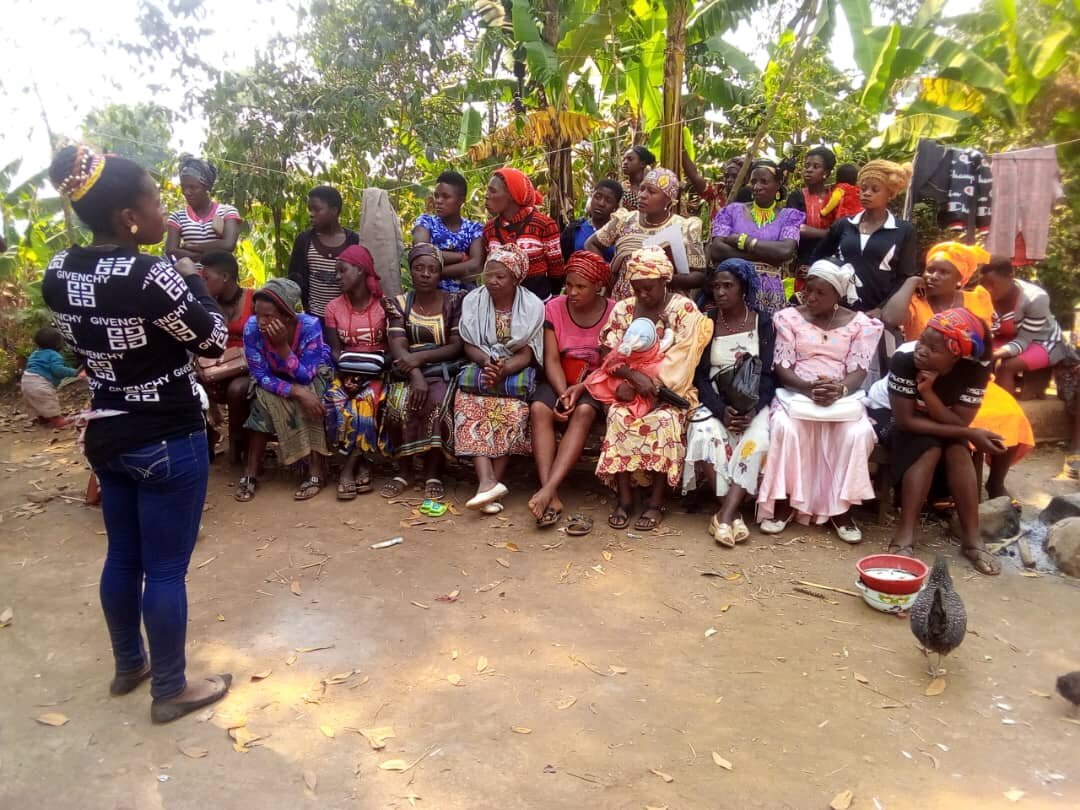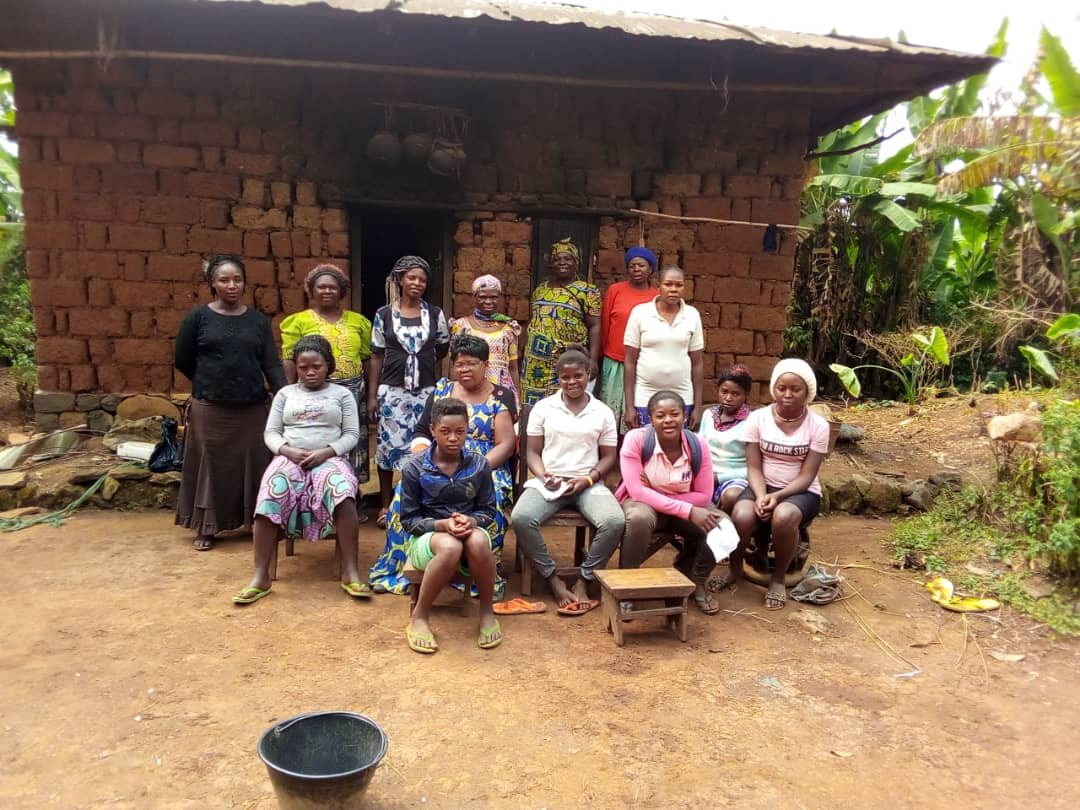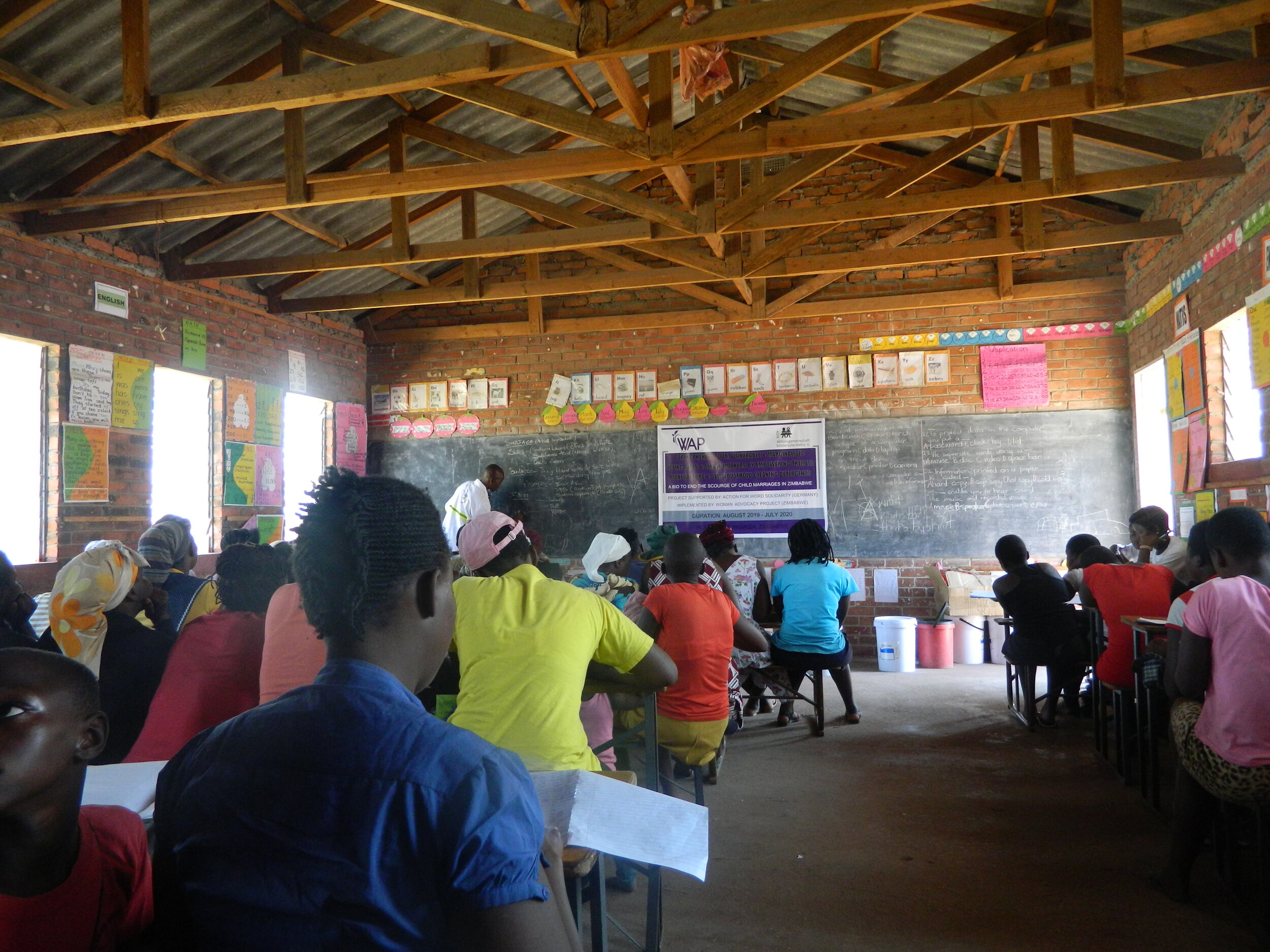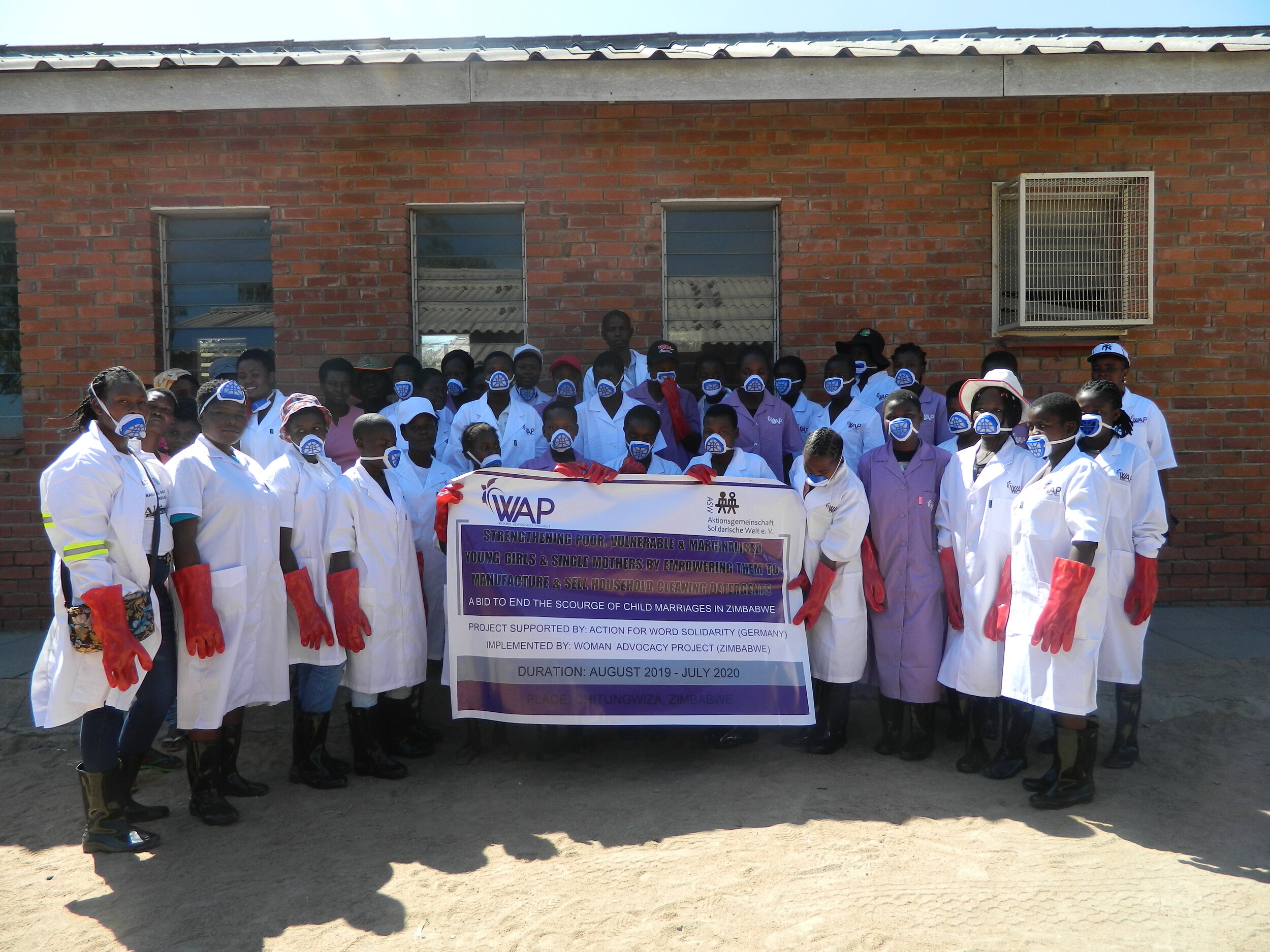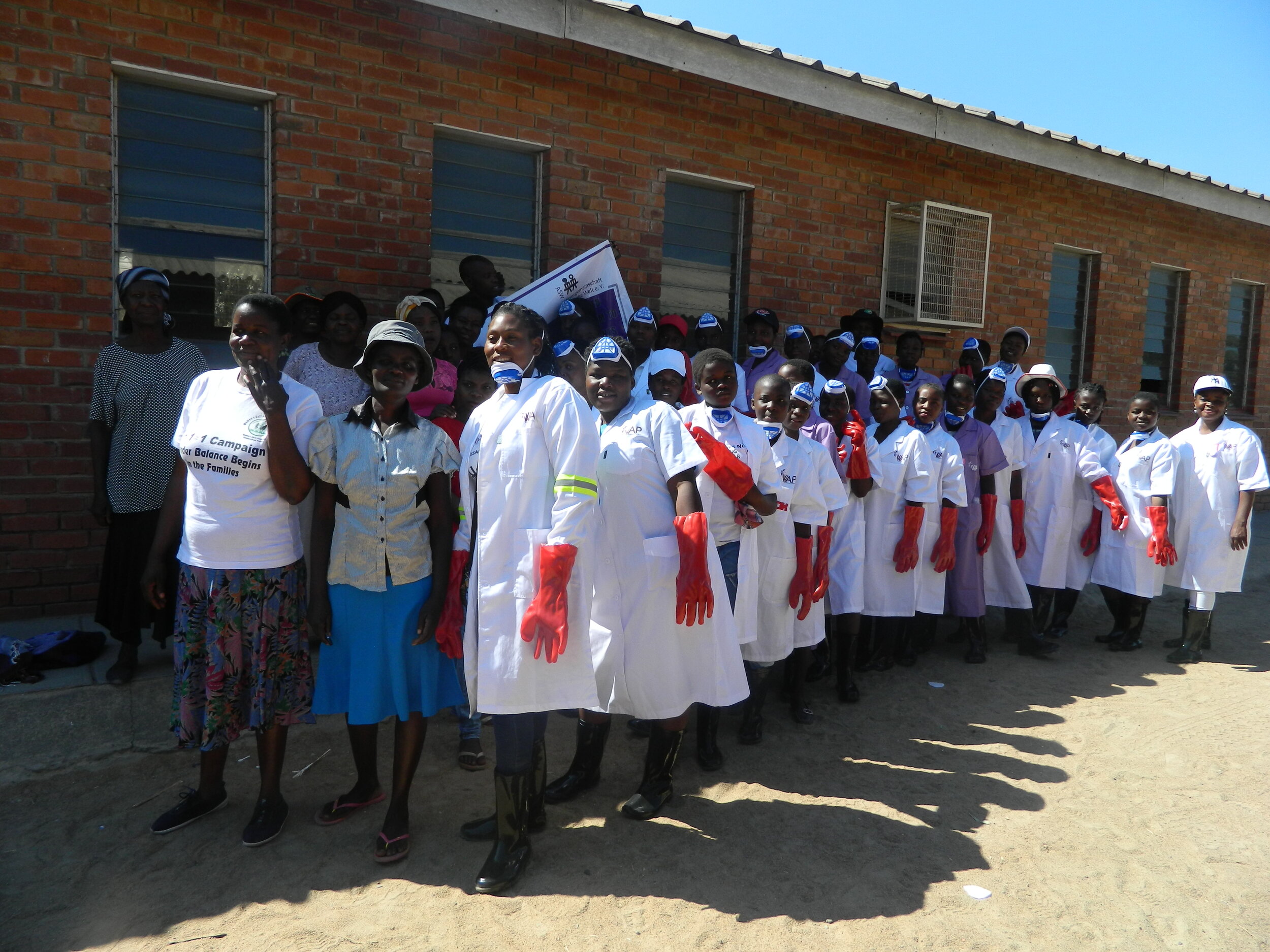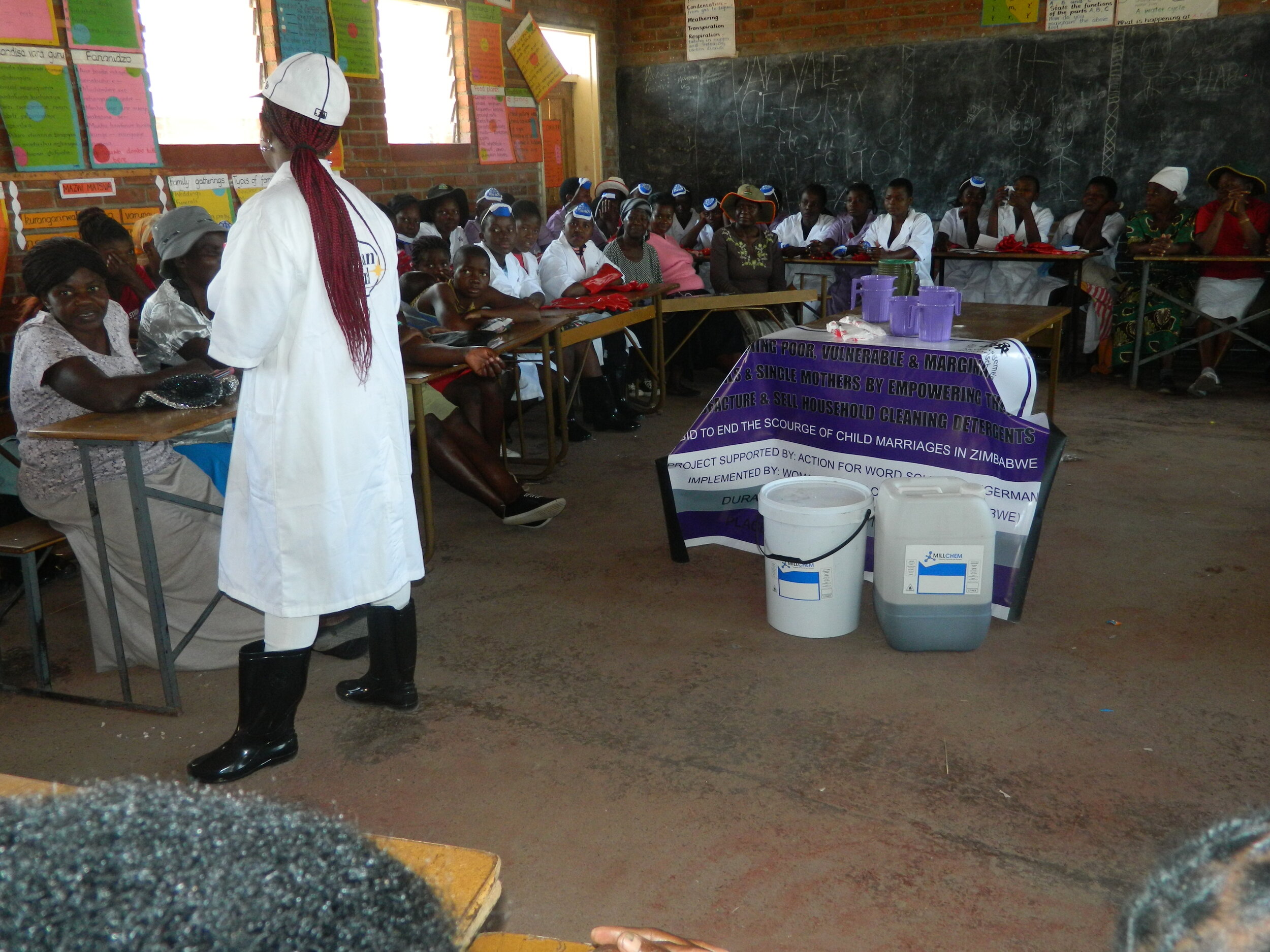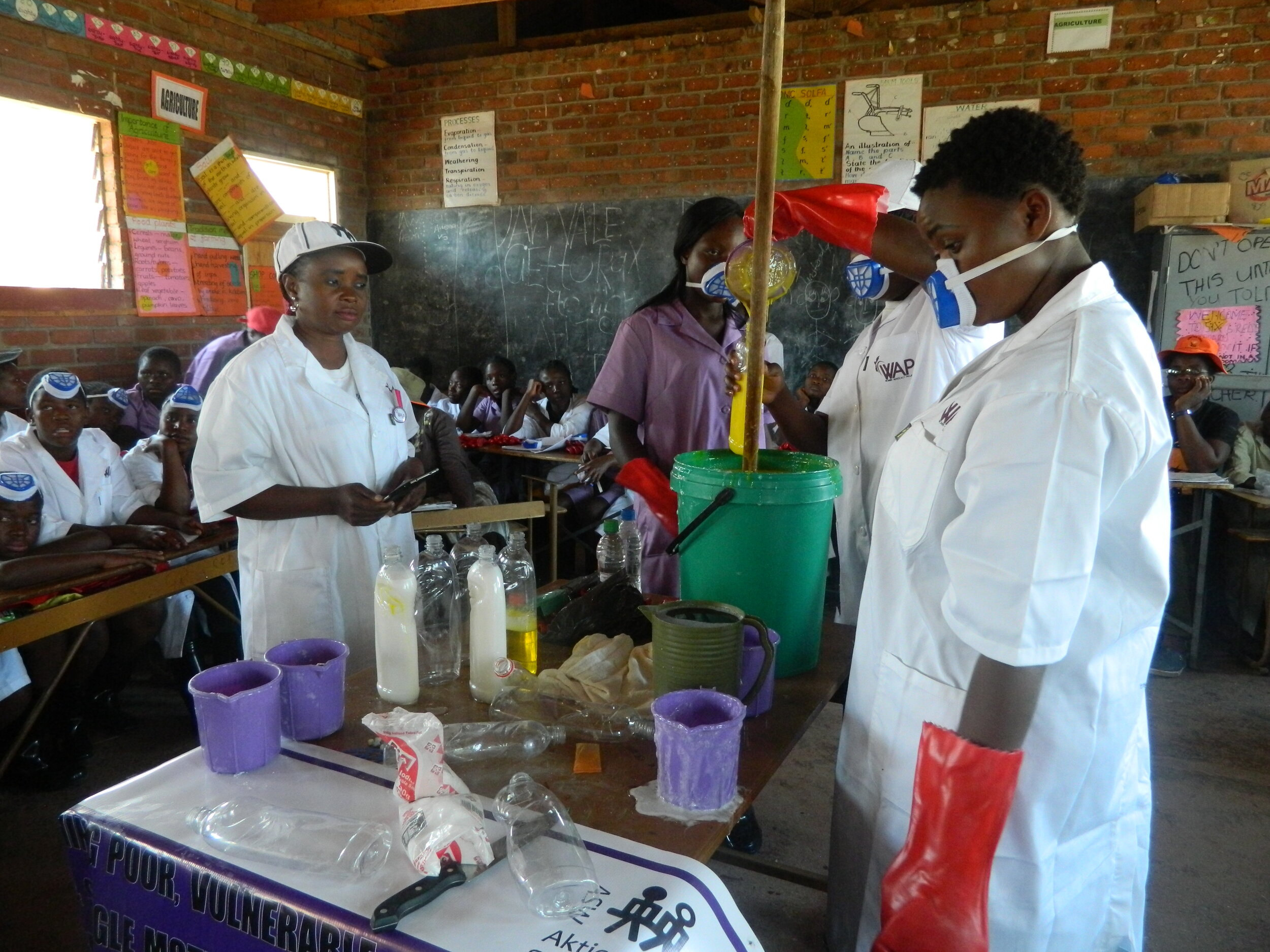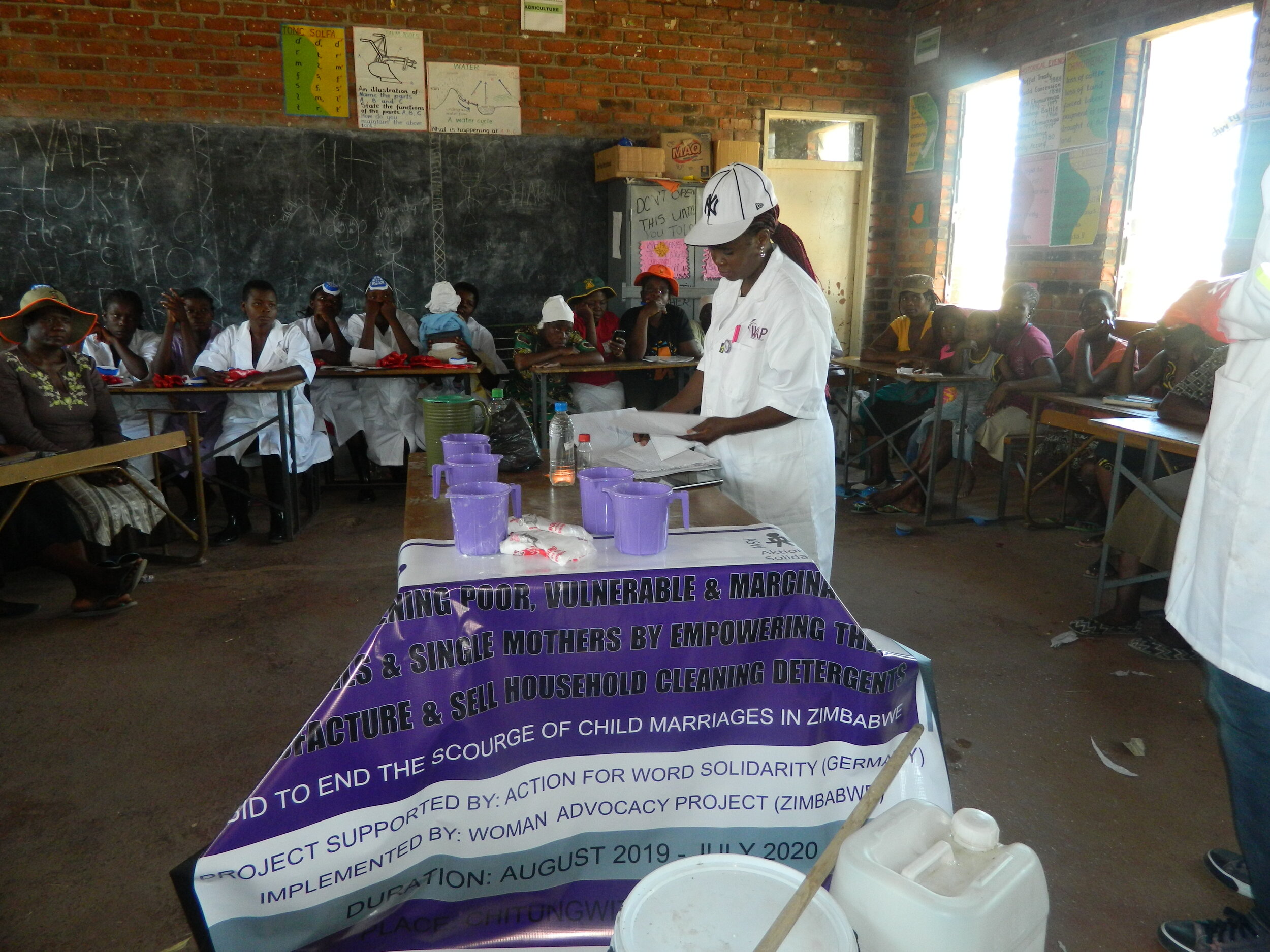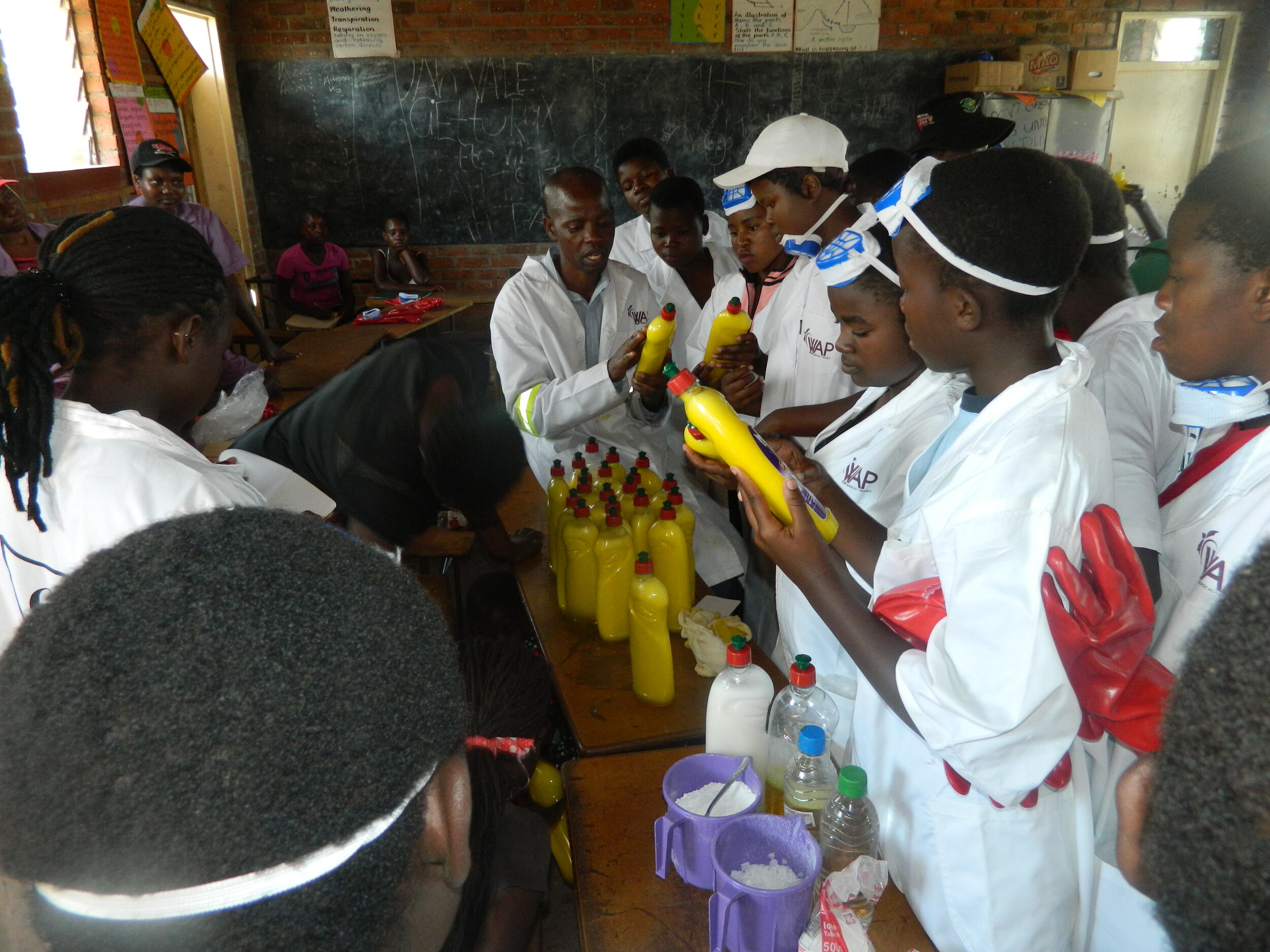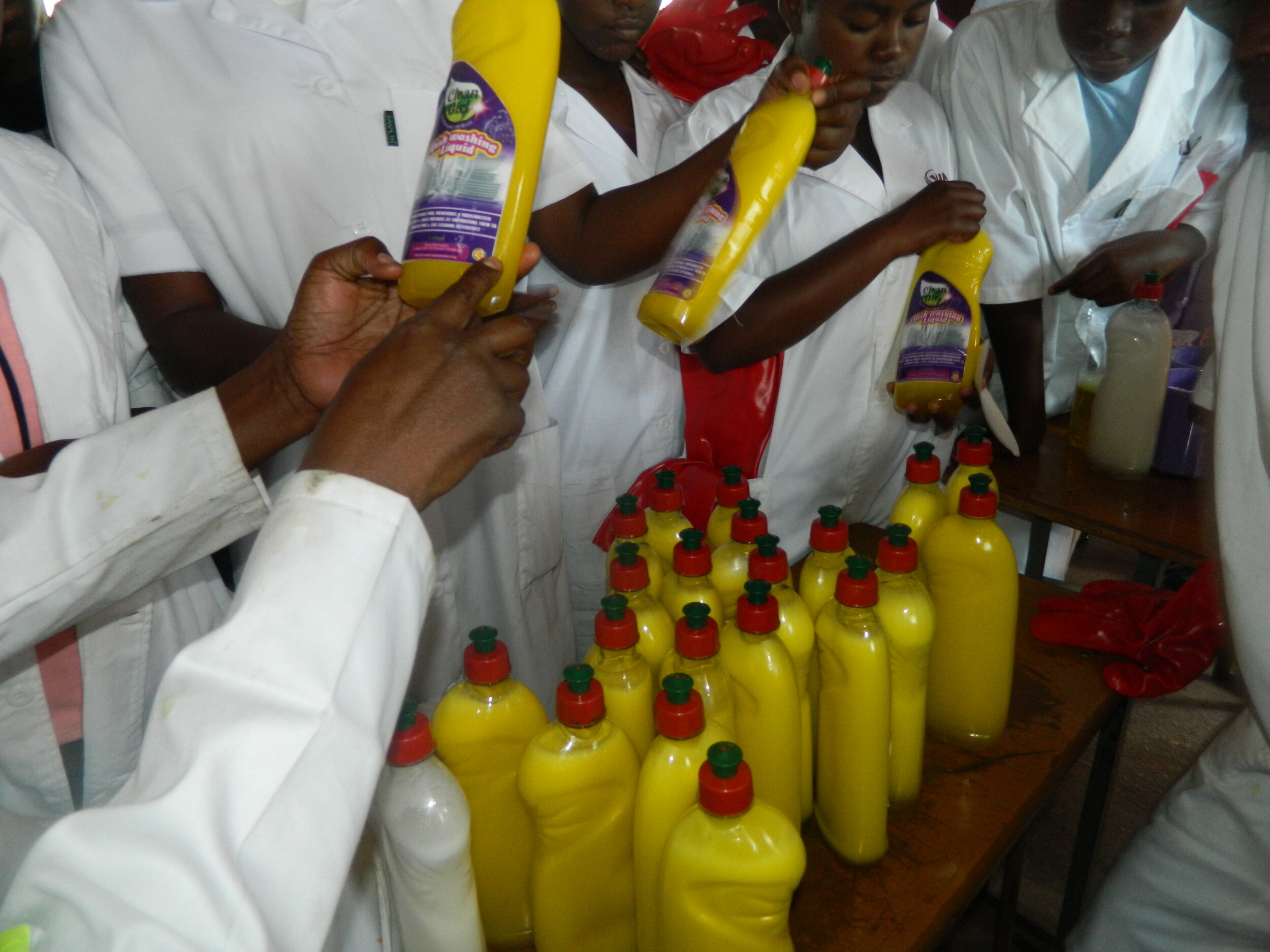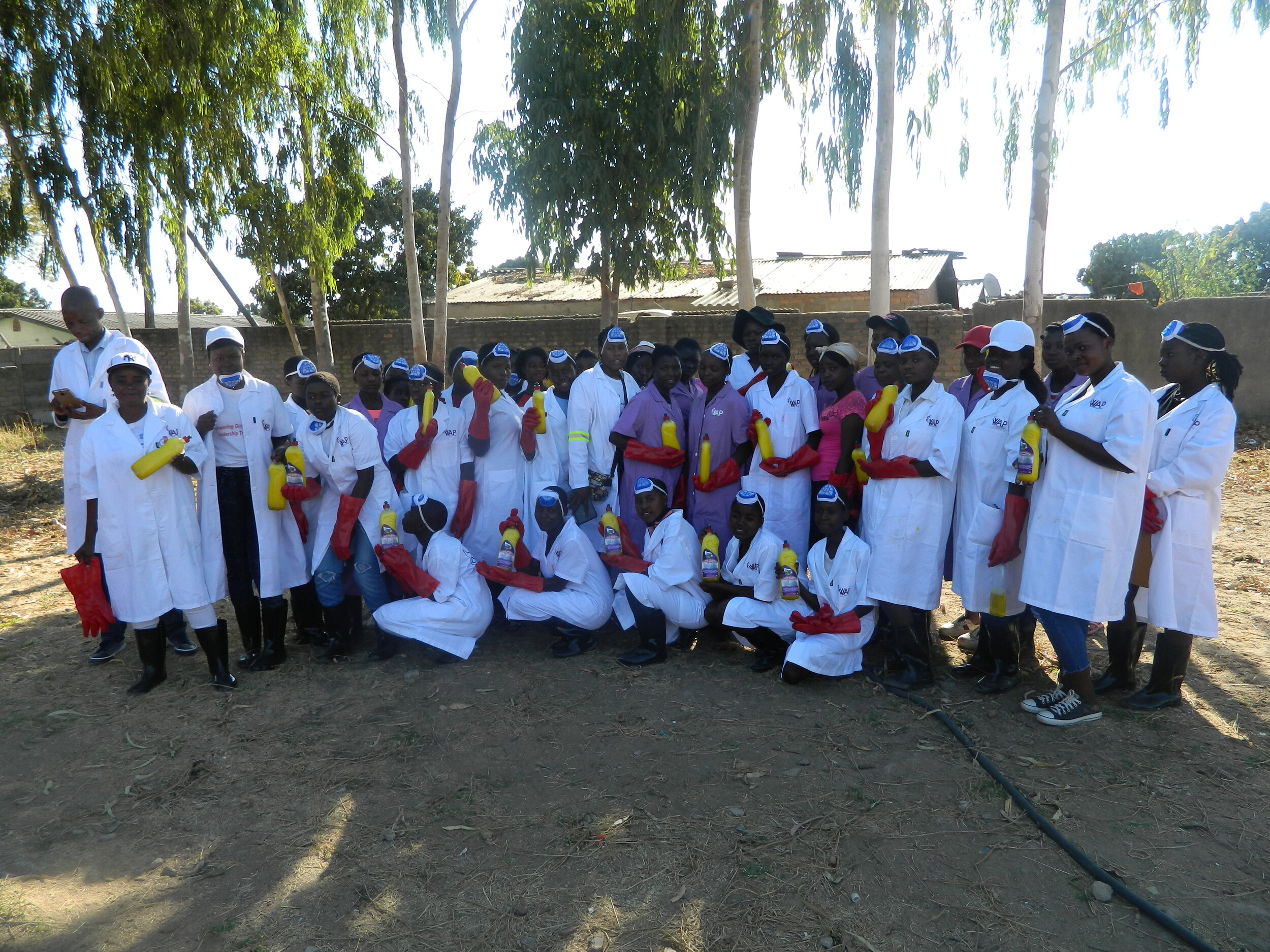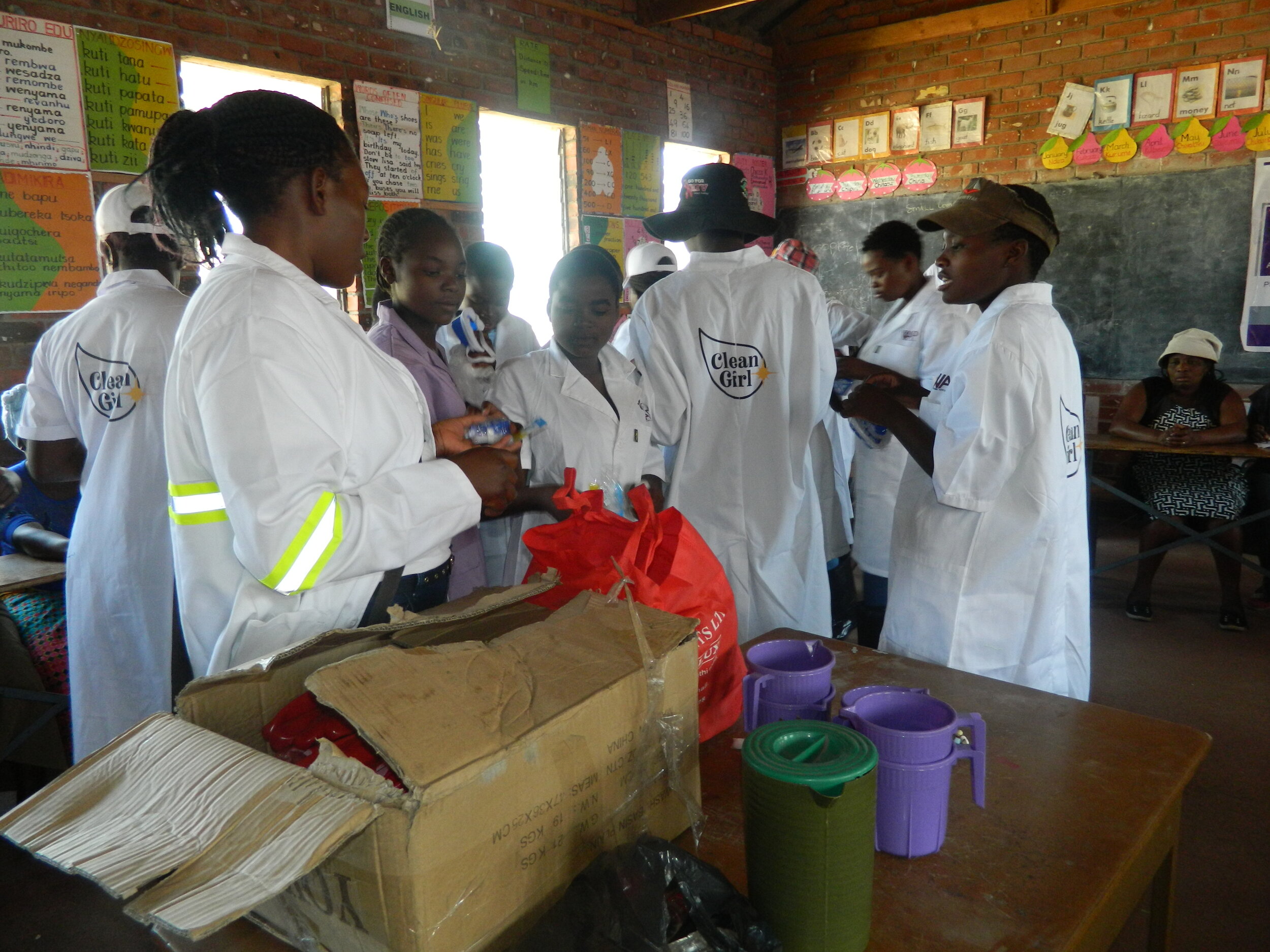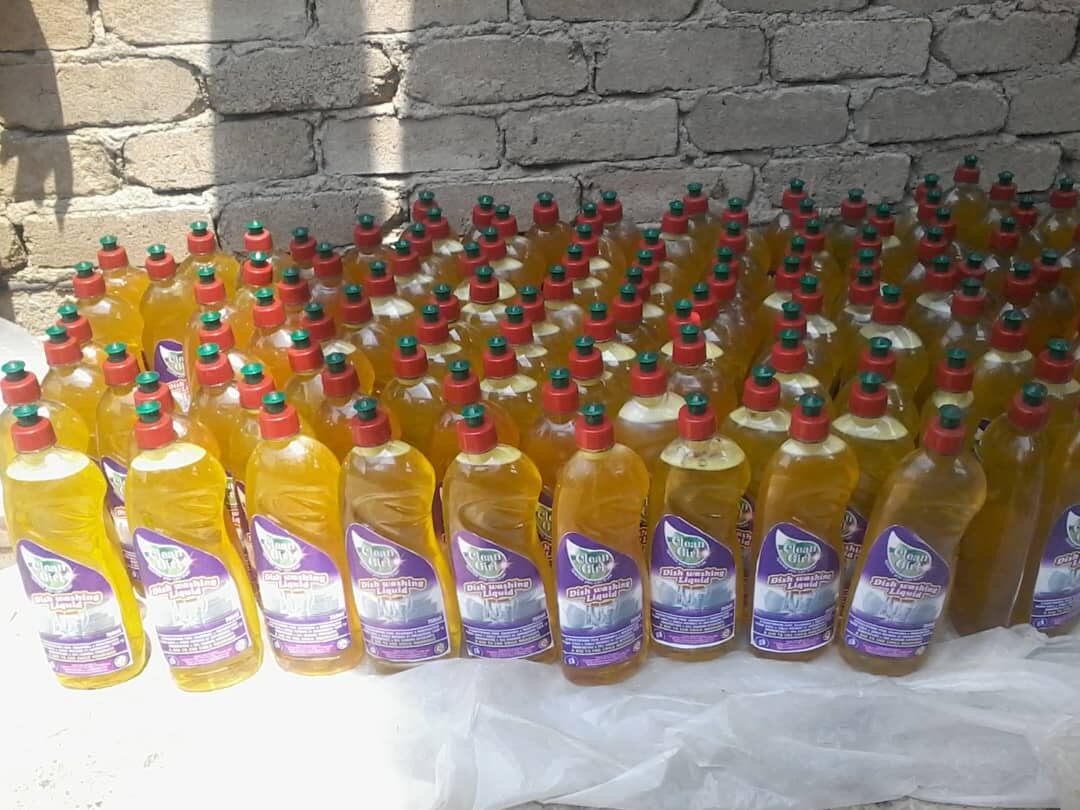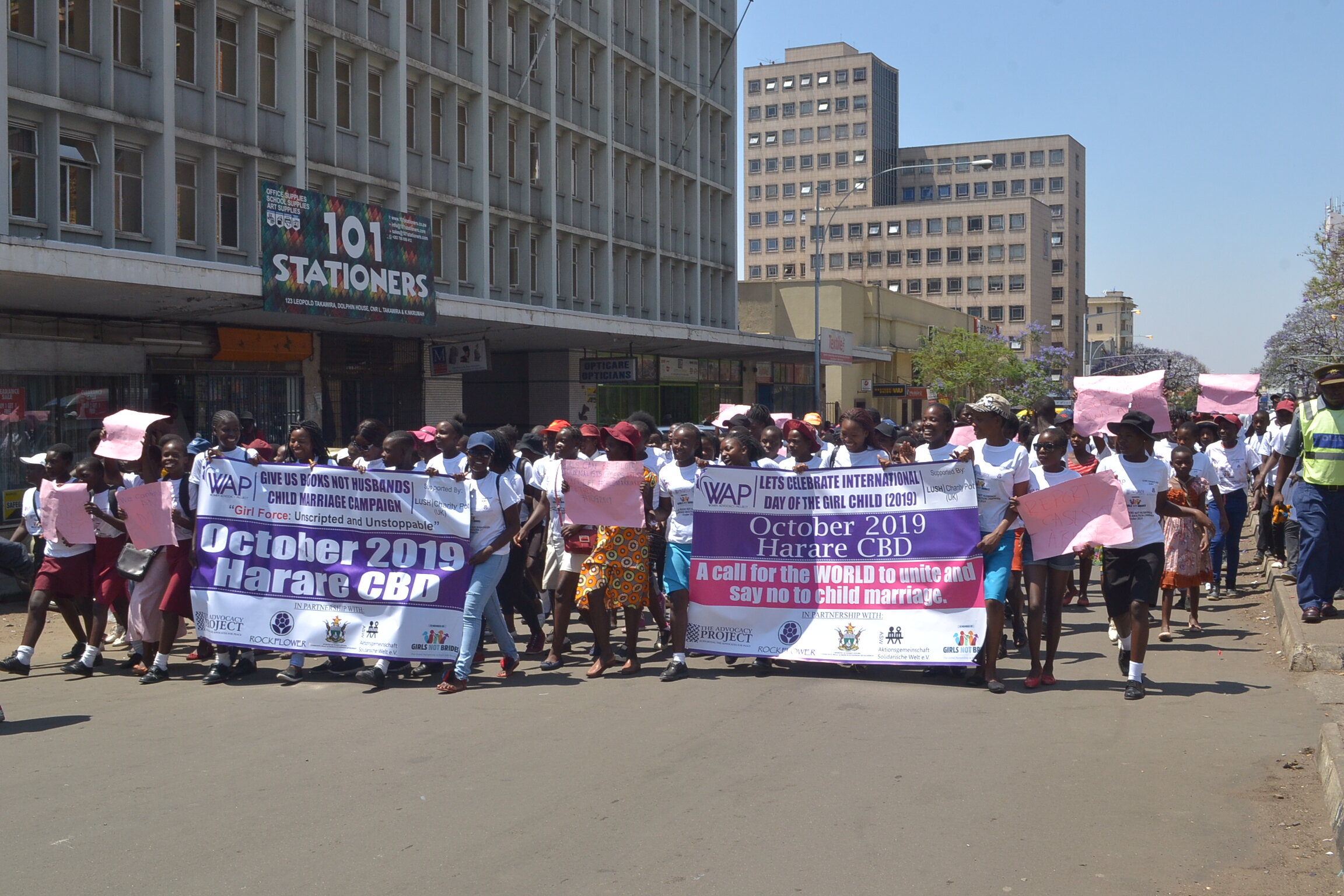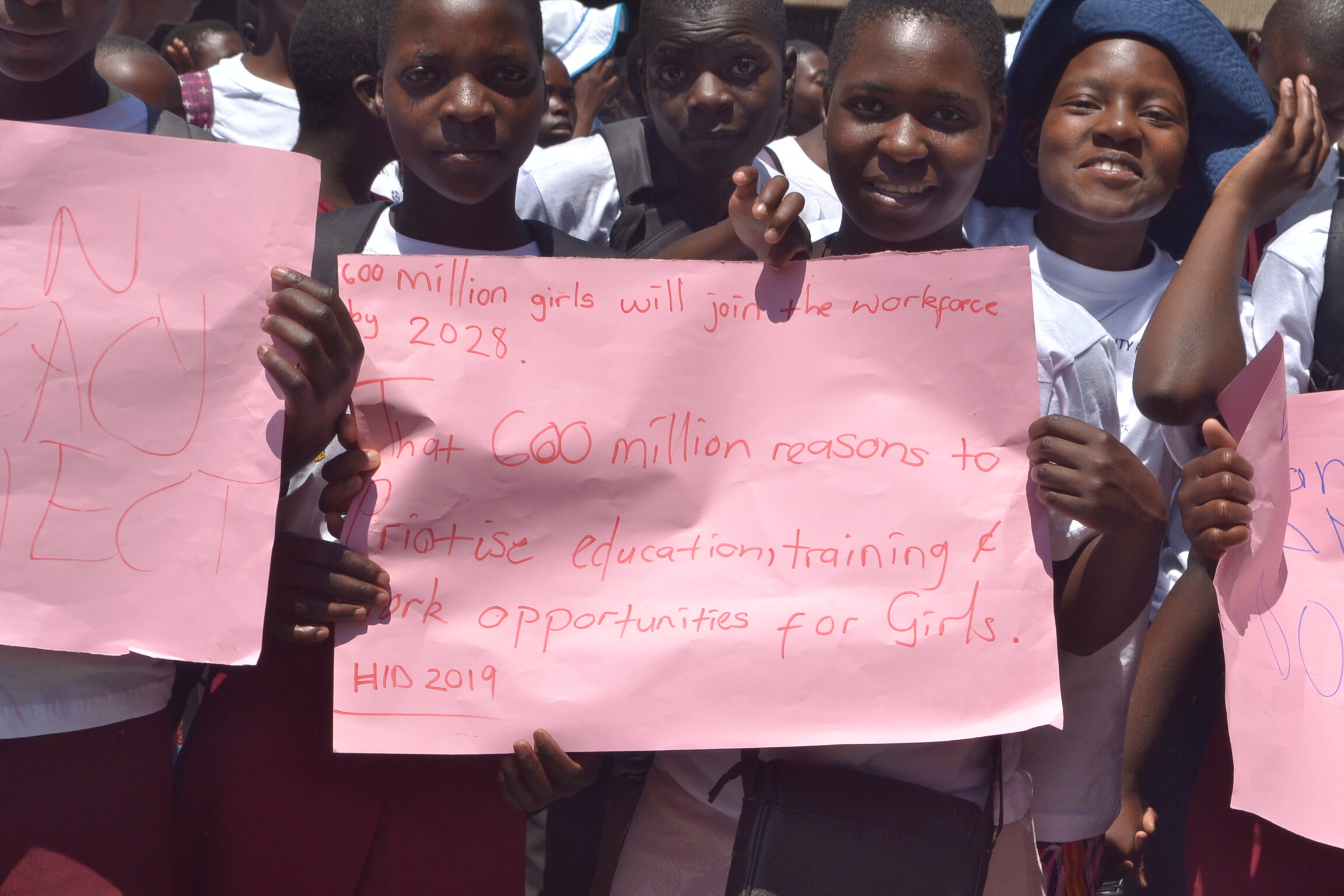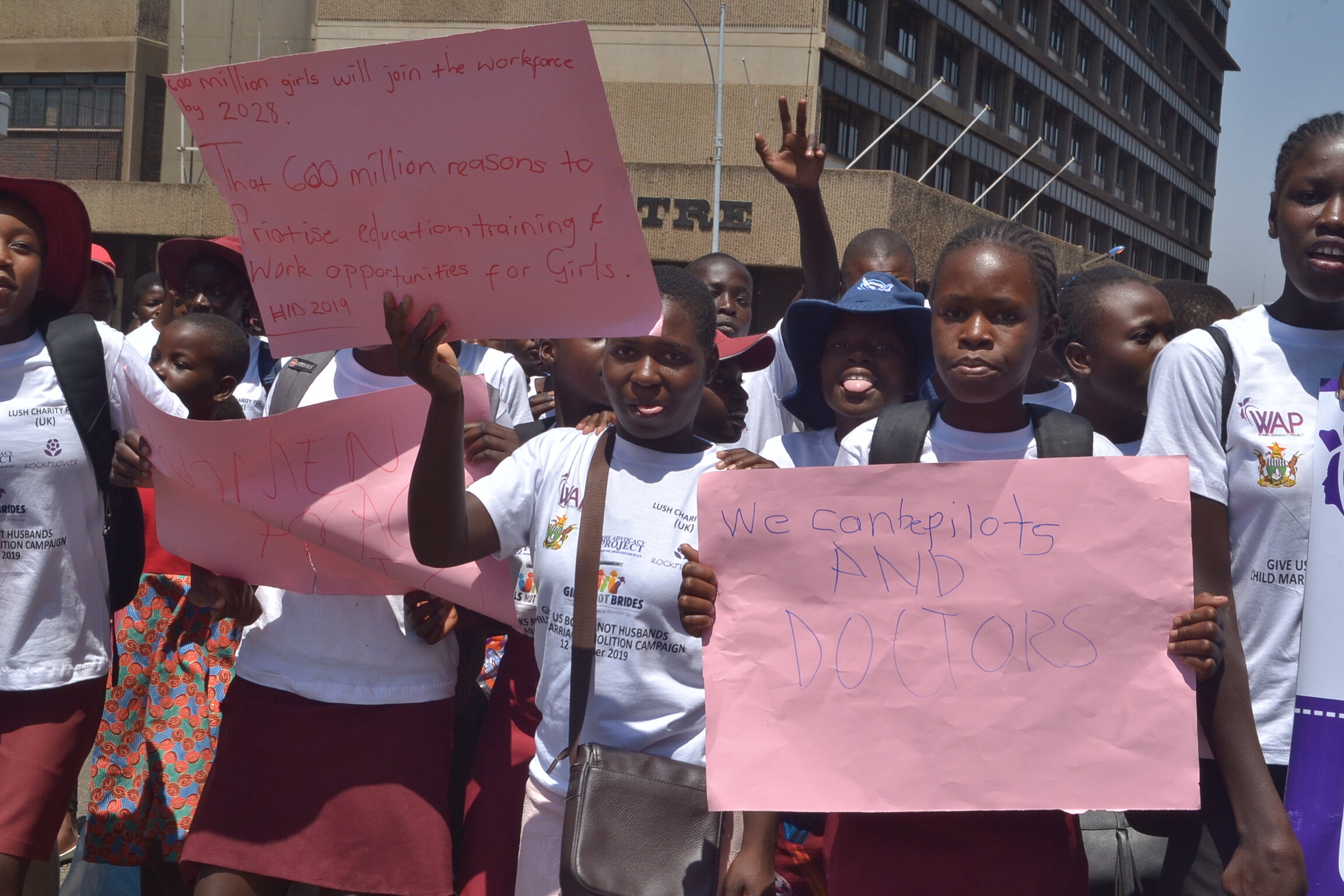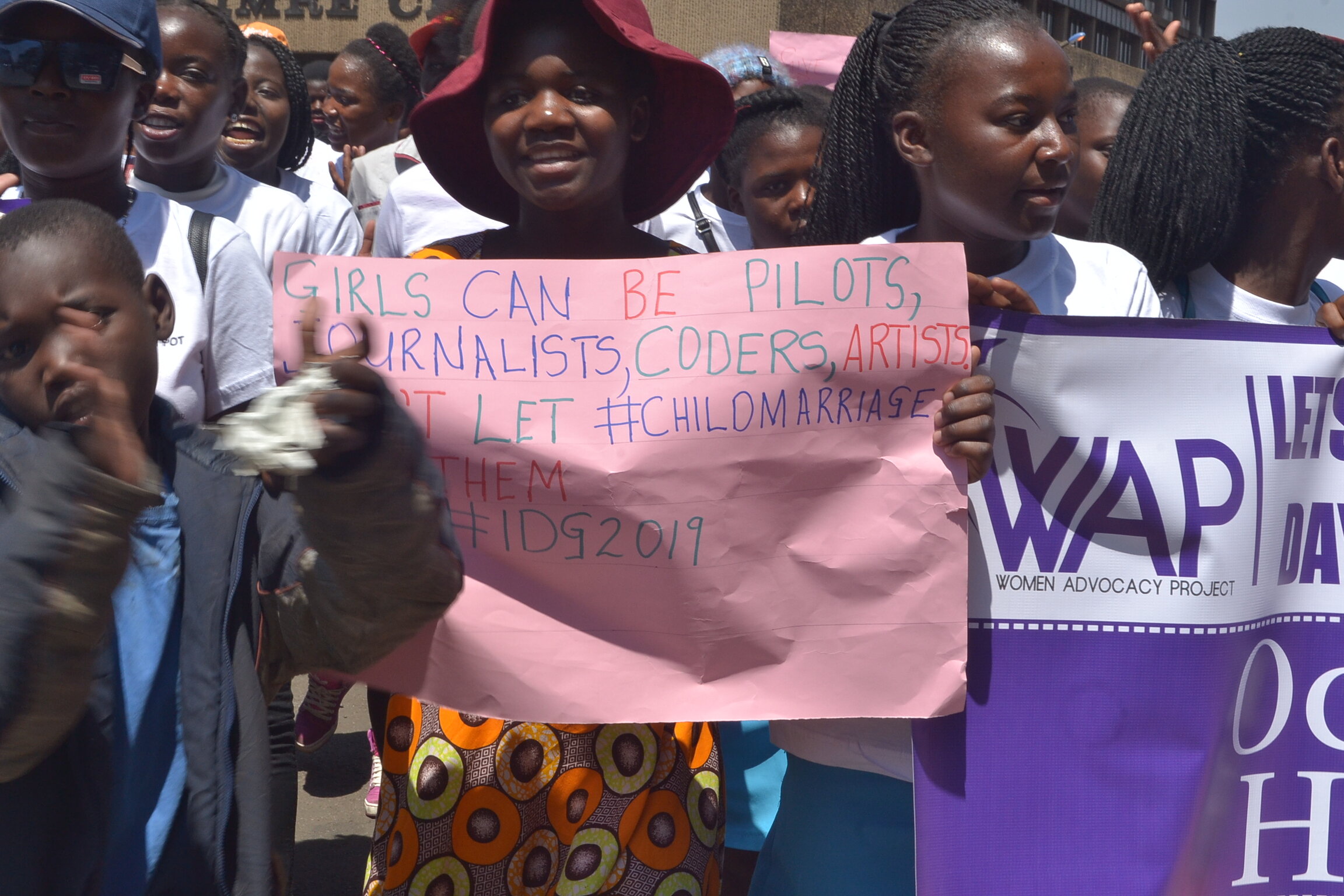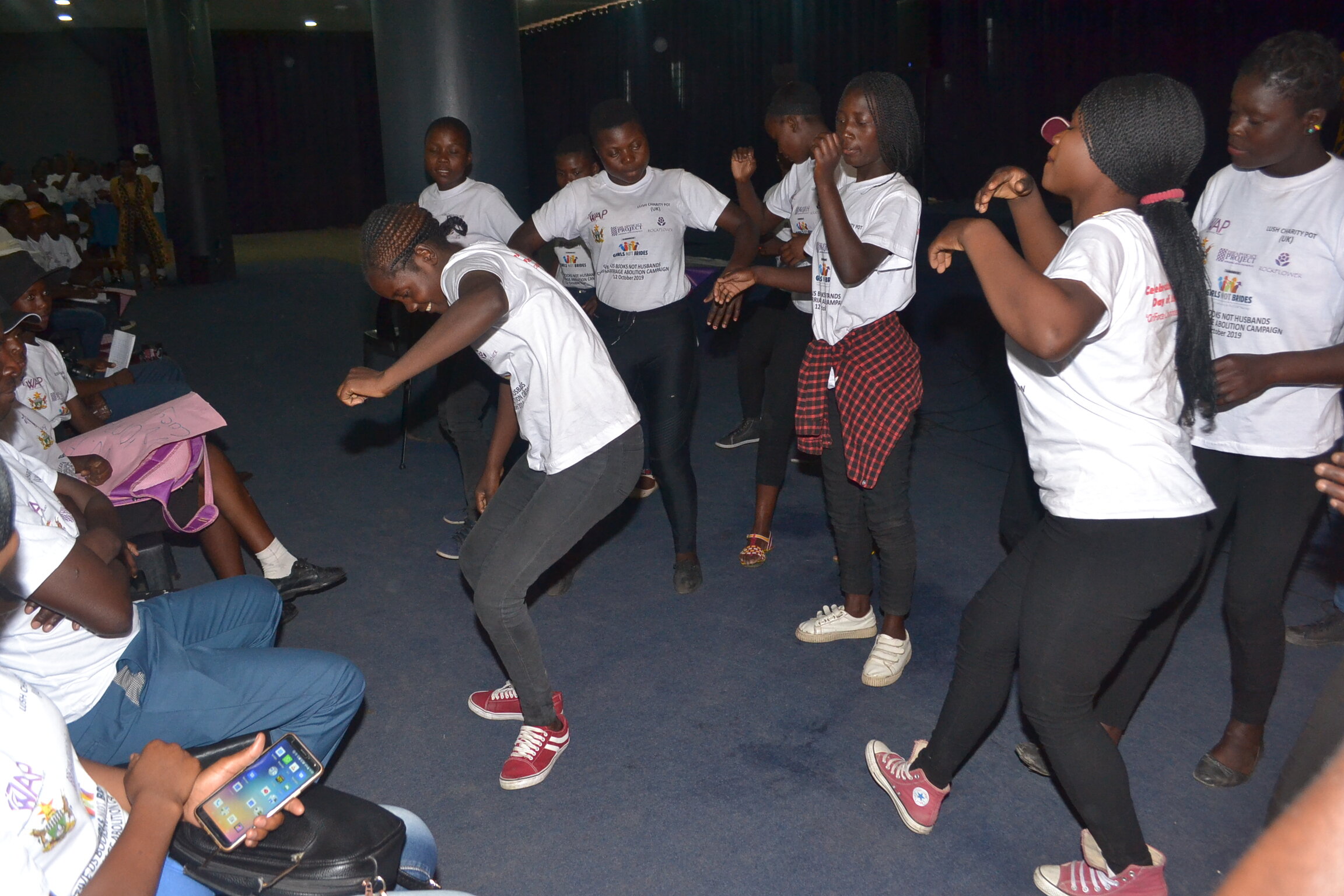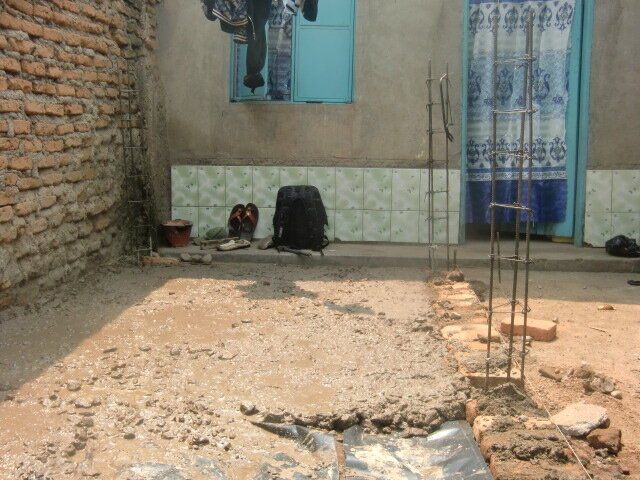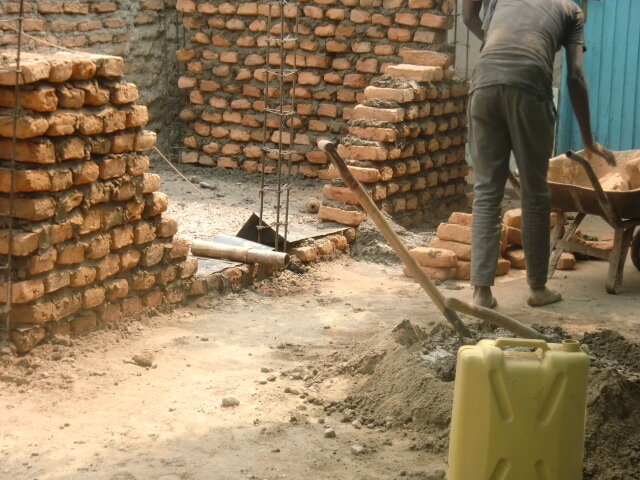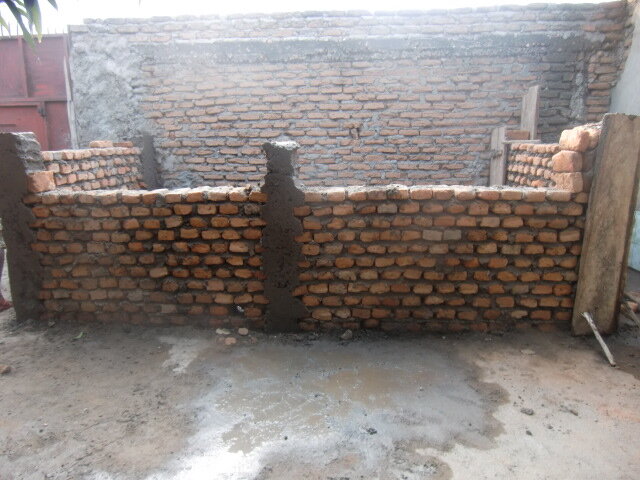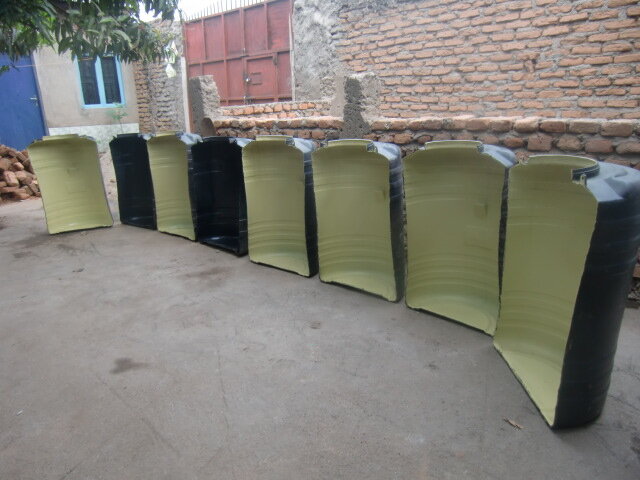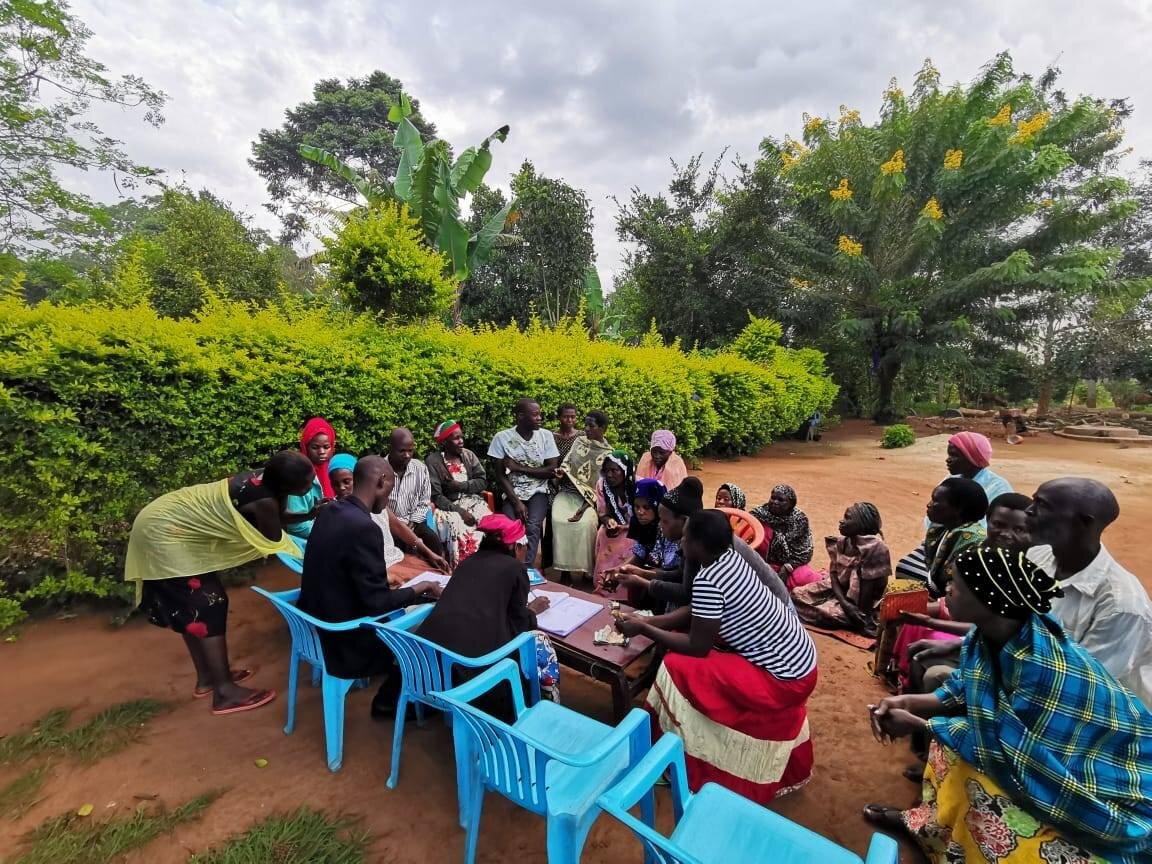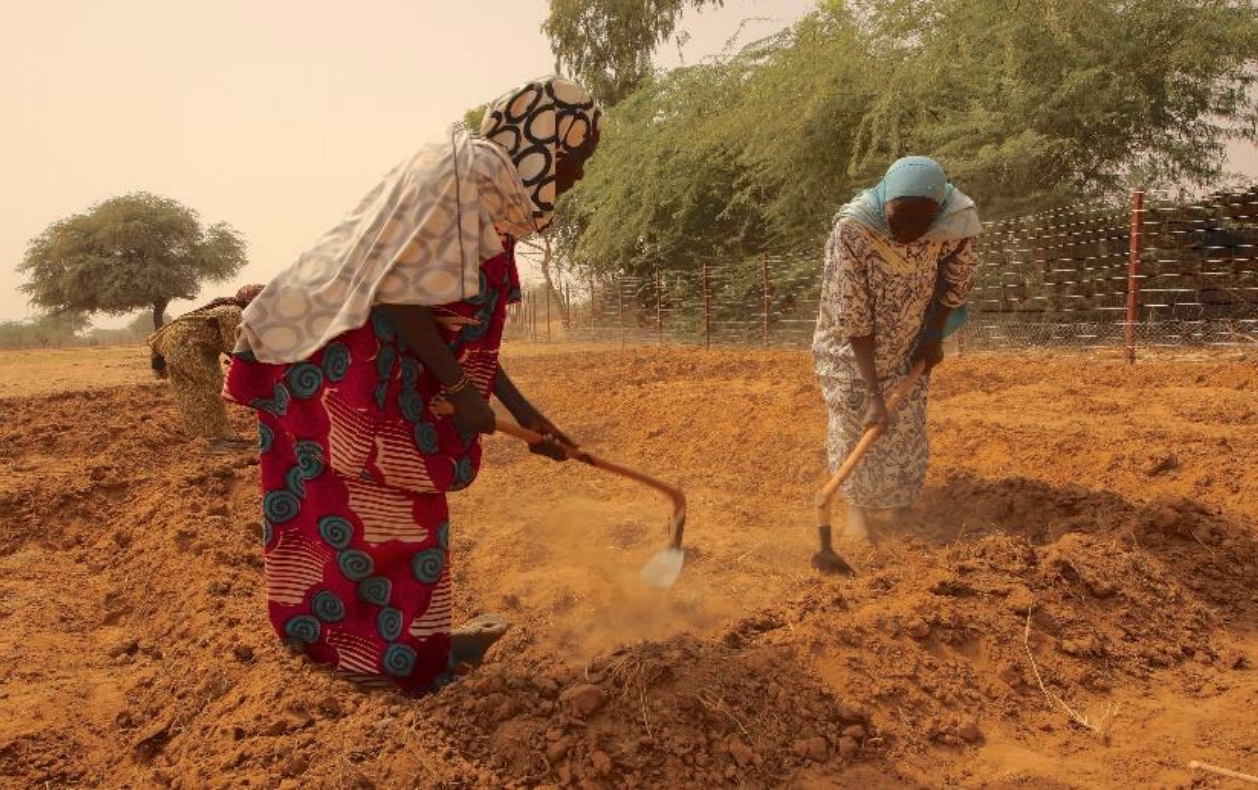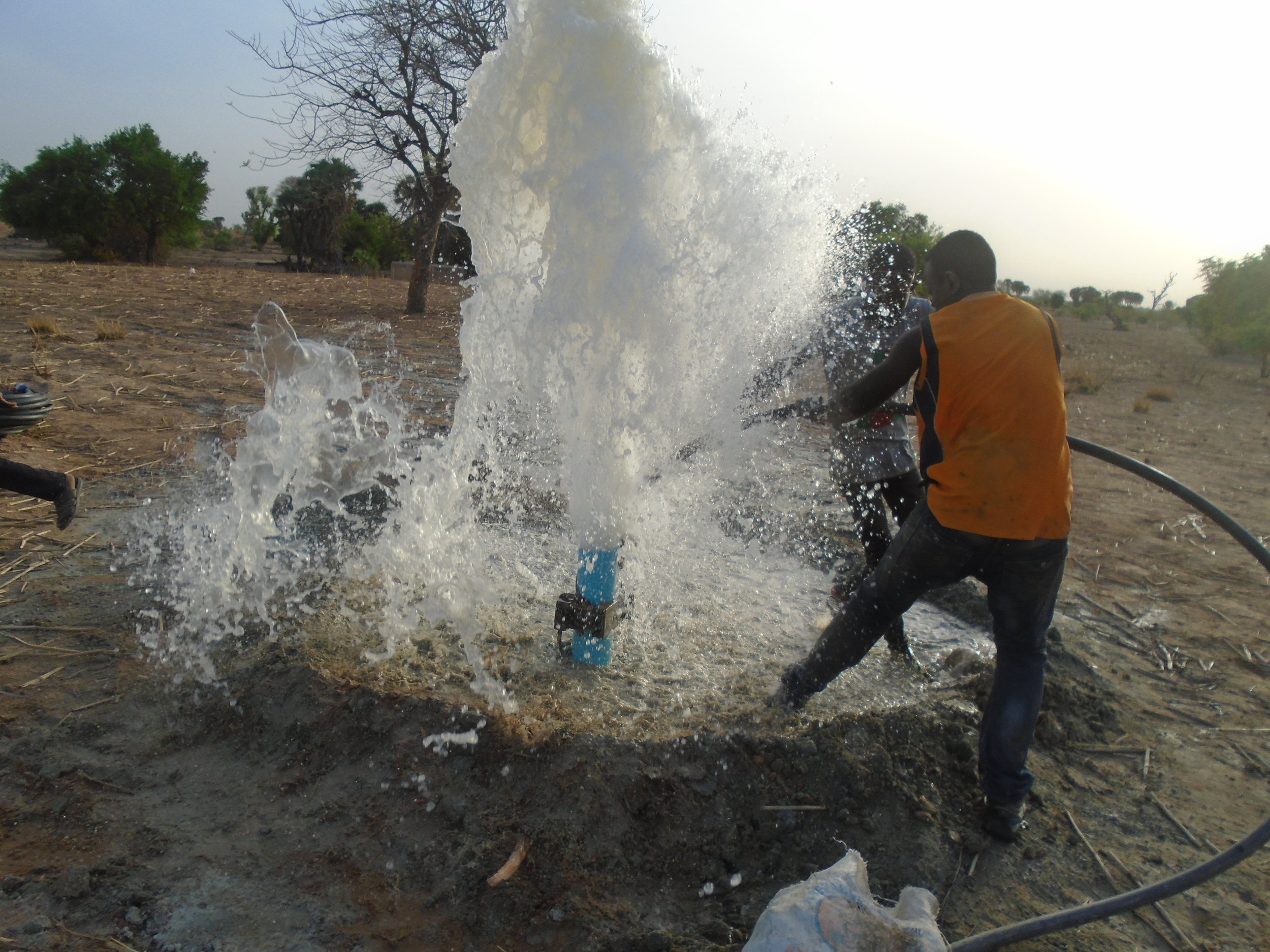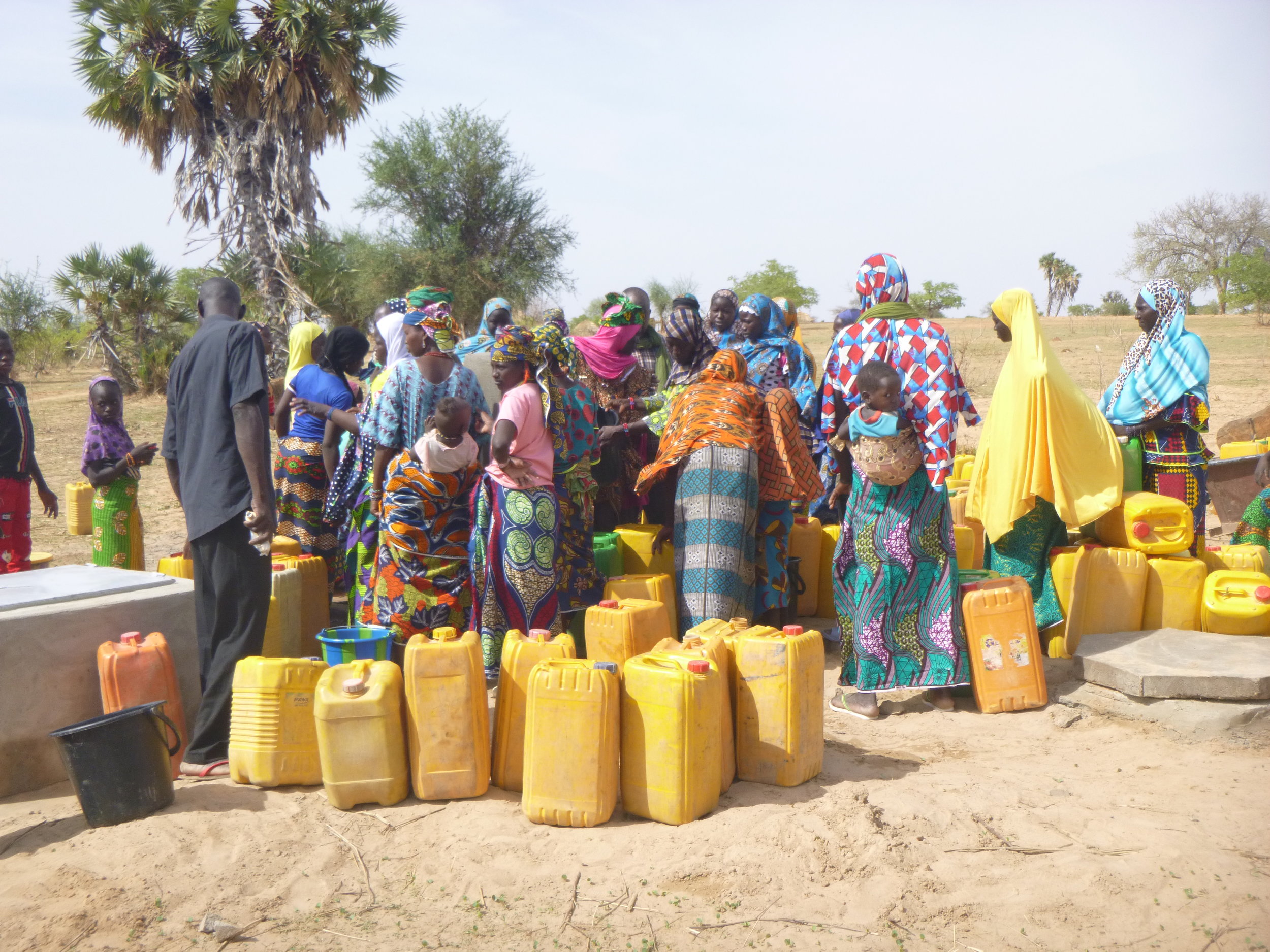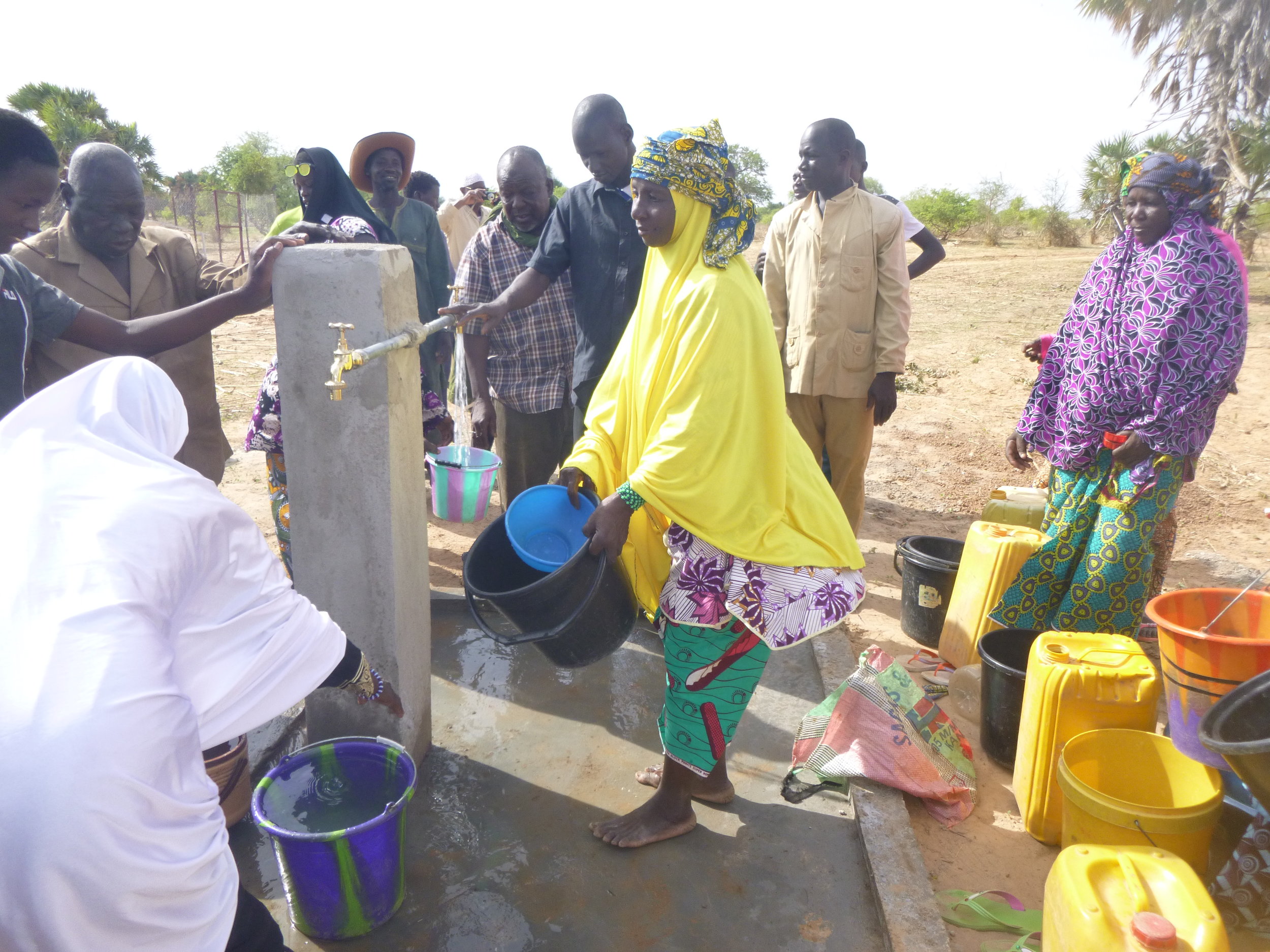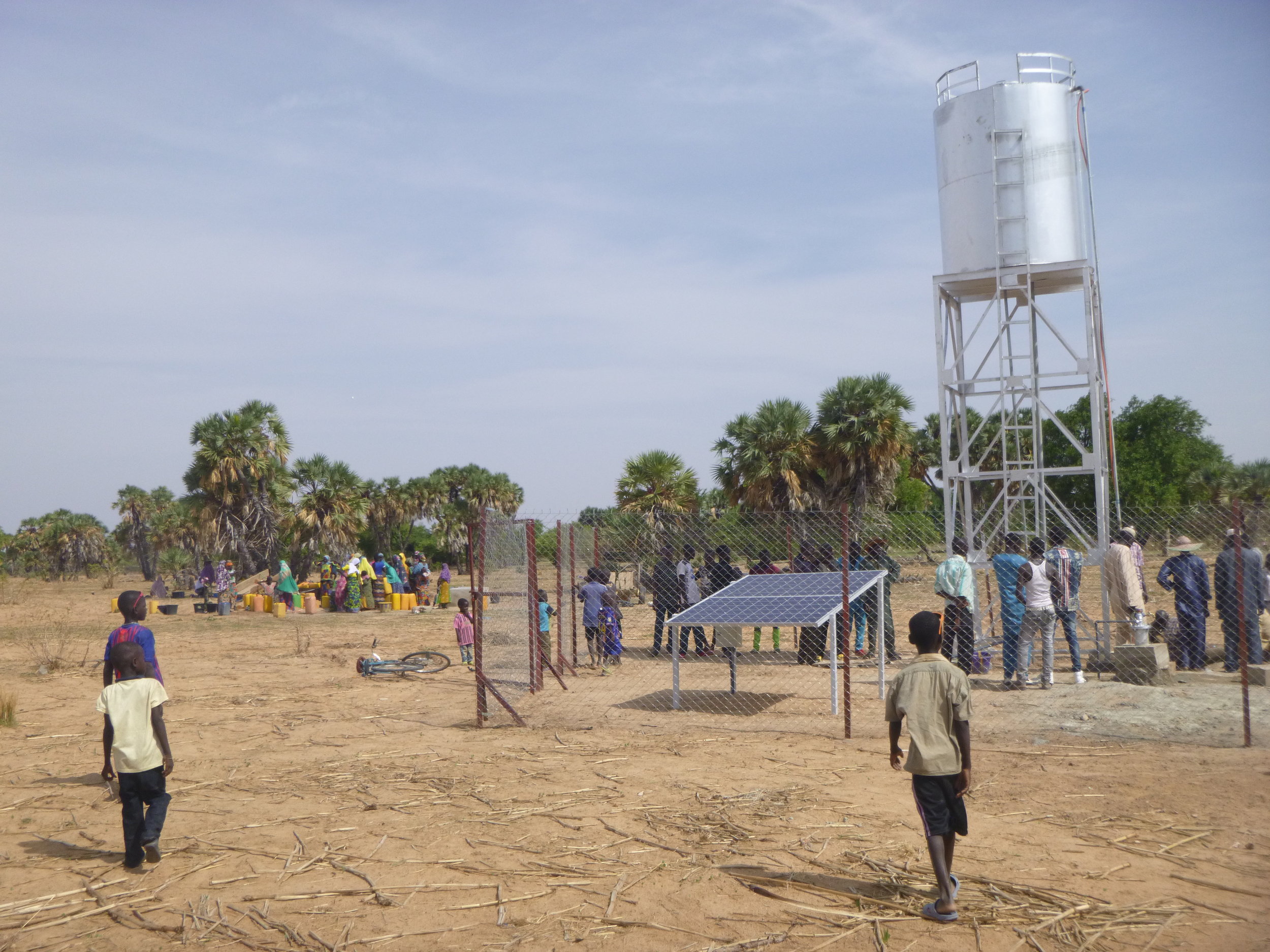Liberia
Having been severely affected by the Ebola epidemic from 2014 to 2016, organizations in Liberia such as the Foundation for Women and Children Empowerment (FOWACE) understand the hardships that come with a virus like this more than most. Every day they work with those women and children who were most severely affected by the devastation of Ebola and are now anxious not to lose ground with the additional challenge of COVID-19.
Liberian President George Weah issued a 14-day stay-at-home order, prohibited travel, closed schools and has discouraged large gatherings.
The following are excerpts from correspondence with Haja Talawallay, Executive Director of FOWACE.
Concerns and Challenges
“People are so afraid and worried because of the differing news on the virus and our past experience with Ebola.
With the new measures of State of Emergency where people are restricted from leaving their homes, the disabled and disadvantaged women who struggle daily to feed their families are the worse affected people in the society. Liberia is one country that doesn't have social programs for these disadvantaged populations. If nothing is done to provide food and other preventive materials to these poor people, they might not even die from the virus but starvation.”
Adaptation Measures
“We have been reaching out to our beneficiaries with awareness of the virus and how to prevent the spread.”
Emergency Fund
“With the financial support from Rockflower, we purchased the soap produced by our project beneficiaries and rice which we are now distributing to the most vulnerable people in the communities so that they can have food and preventive materials for their families and stay home during these difficult times.”
Update from May 2020
“Schools and markets are still closed and large public gatherings are also still banned. These restrictions are necessary for the prevention of the virus but the effects on women and children are so high. Disabled people and disadvantaged women who depend on their daily incomes are on the streets begging. Informal businesses are highly affected by the crisis. The women have lost their sources of income. They are finding it difficult to feed their families.
At FOWACE, we have been doing door to door awareness about the prevention of the virus along with food, soap, and reusable face masks distribution.”
Update from June 2020
“Foundation for Women and Children Empowerment (FOWACE) believes that the best way to protect vulnerable and disadvantaged women and children from the COVID-19 pandemic is to ensure that they have food and other preventive materials like soap and face mask. FOWACE continues to identify disadvantaged and vulnerable families and provide them with food, soap and face masks.”

